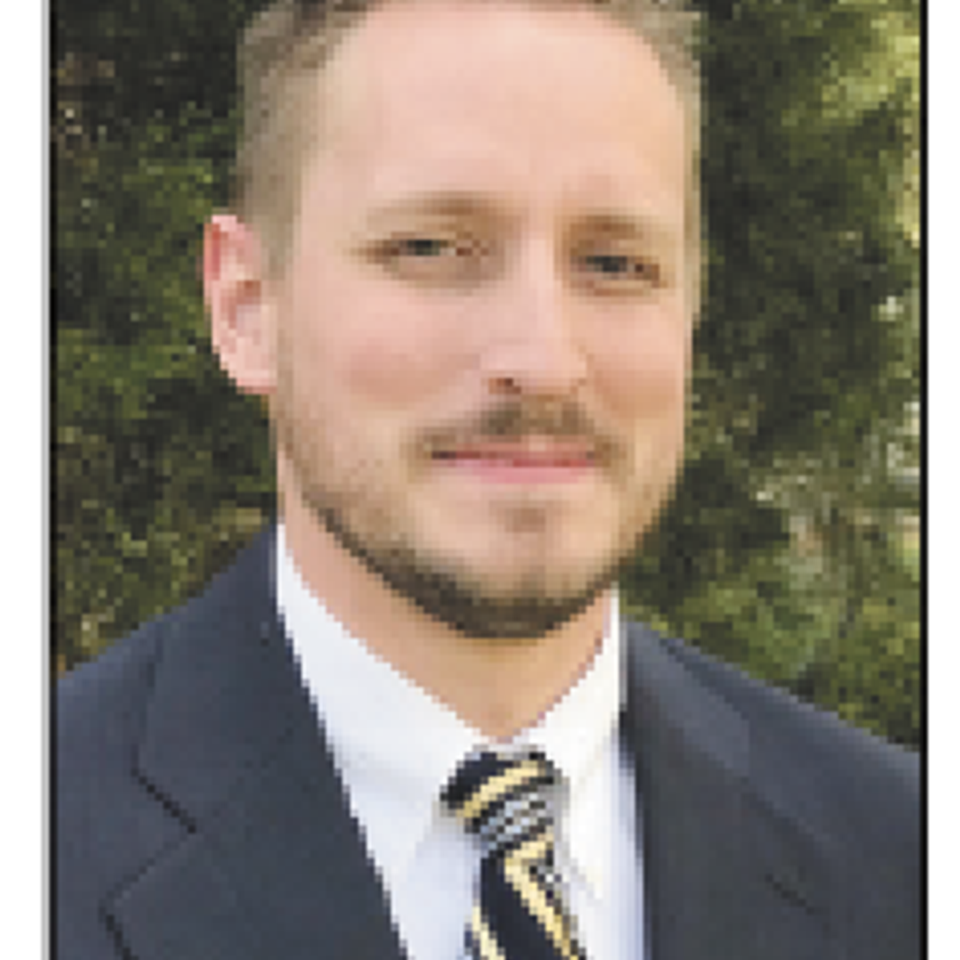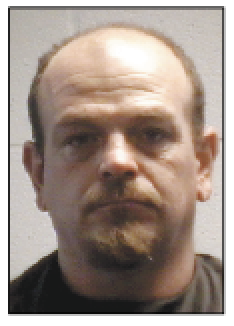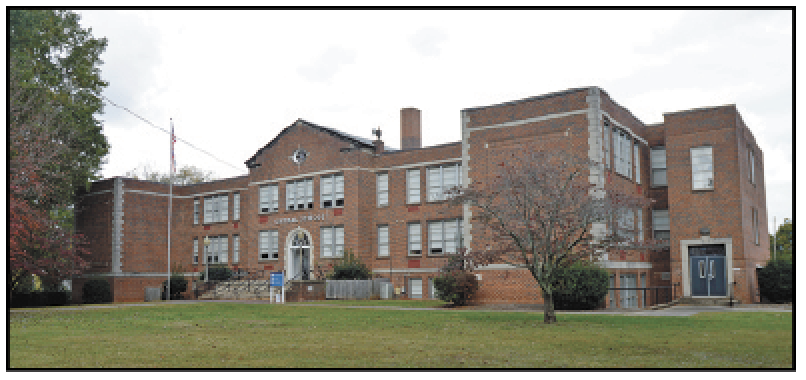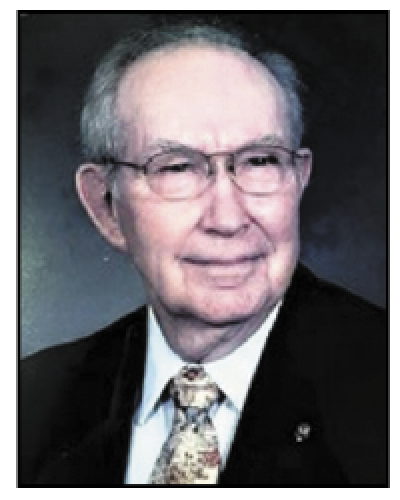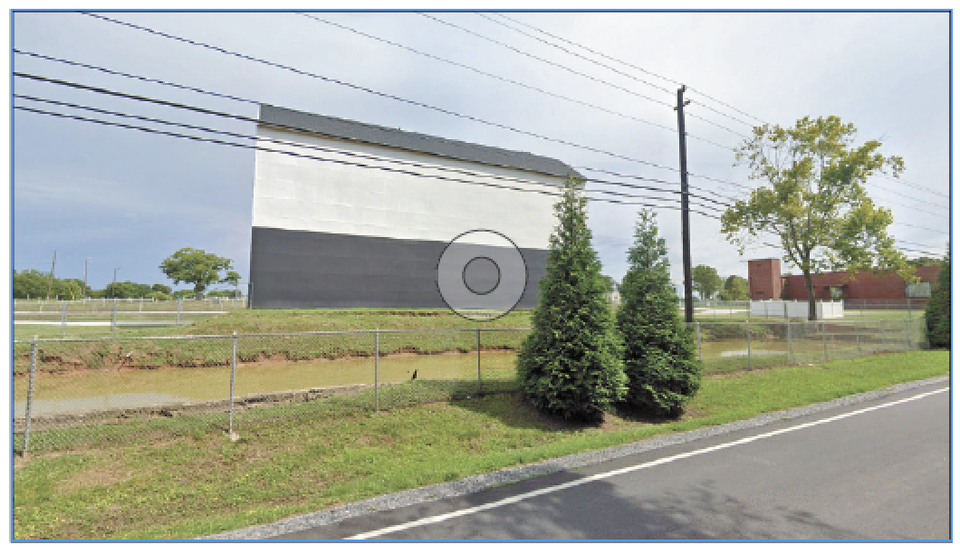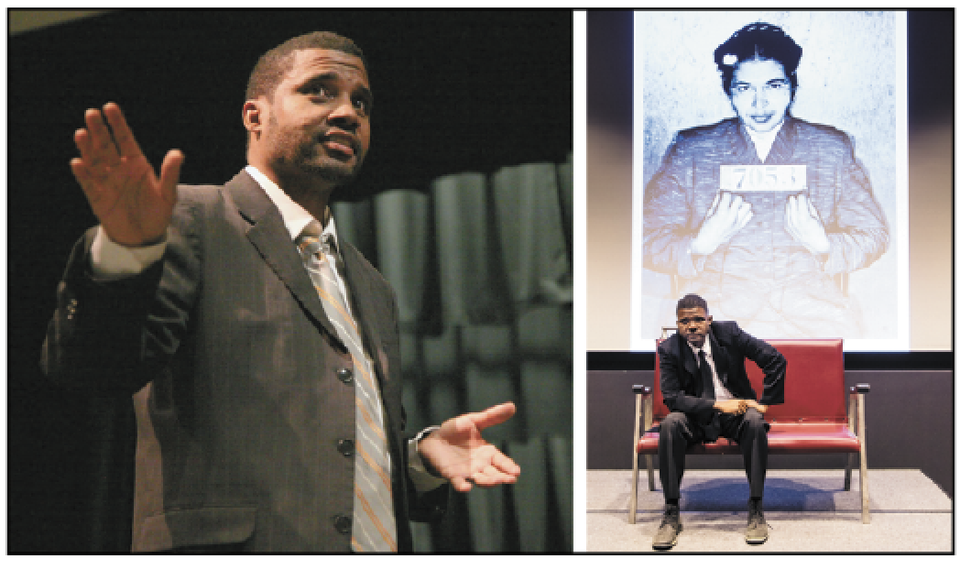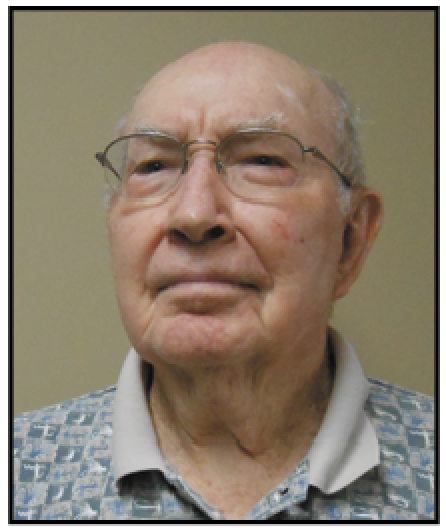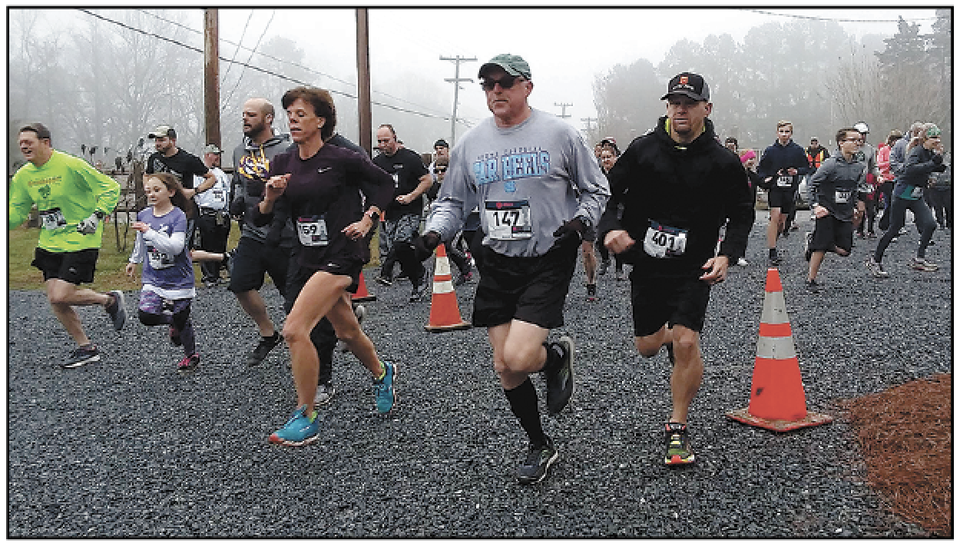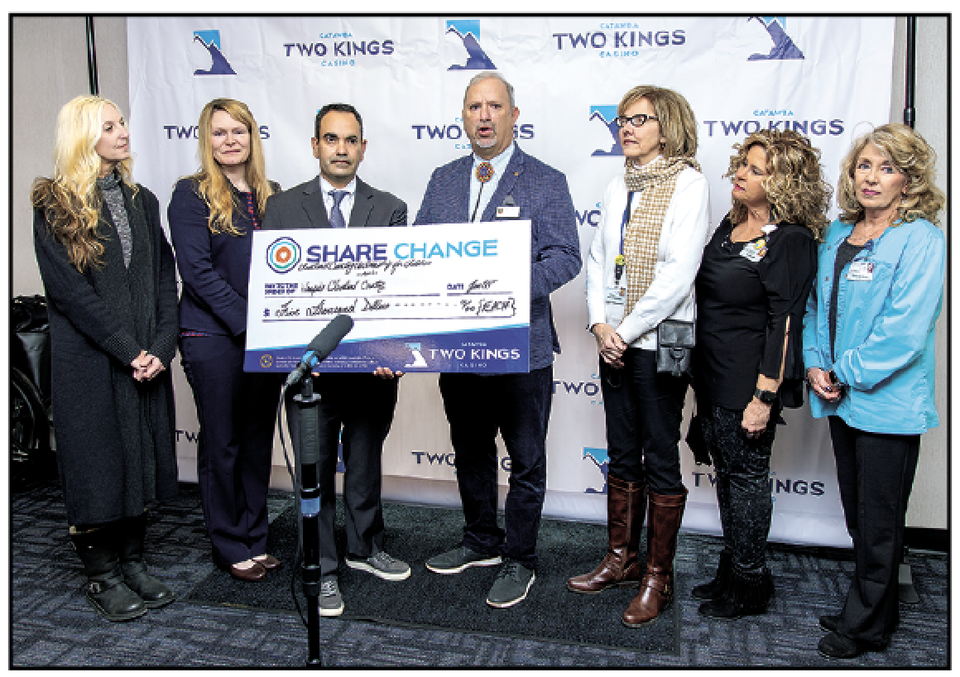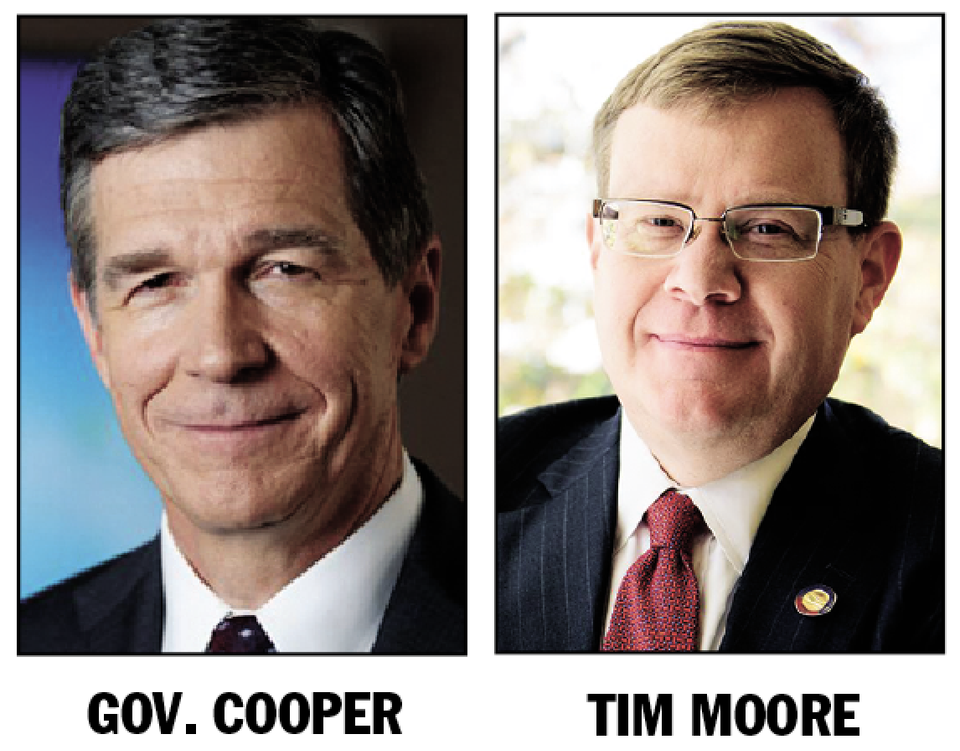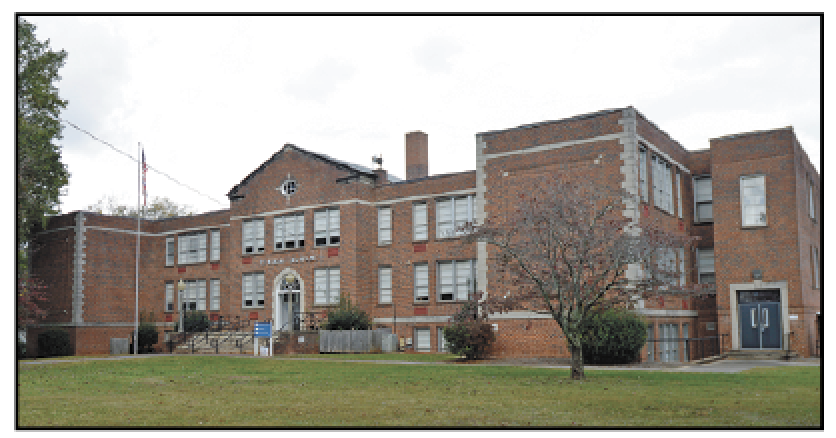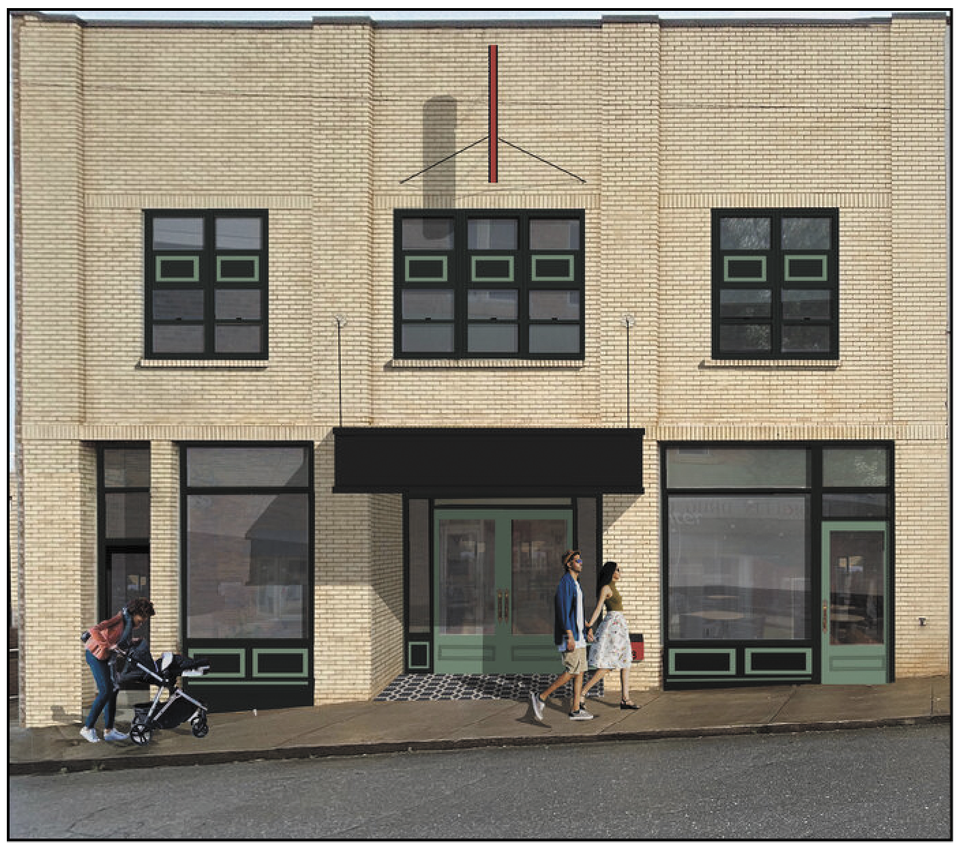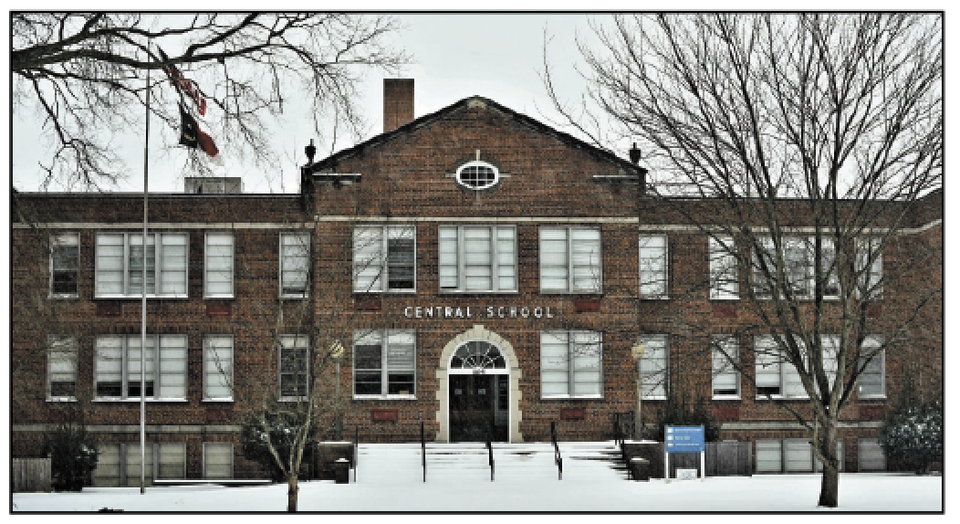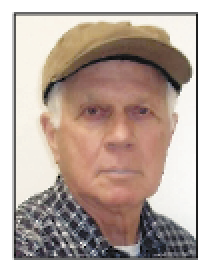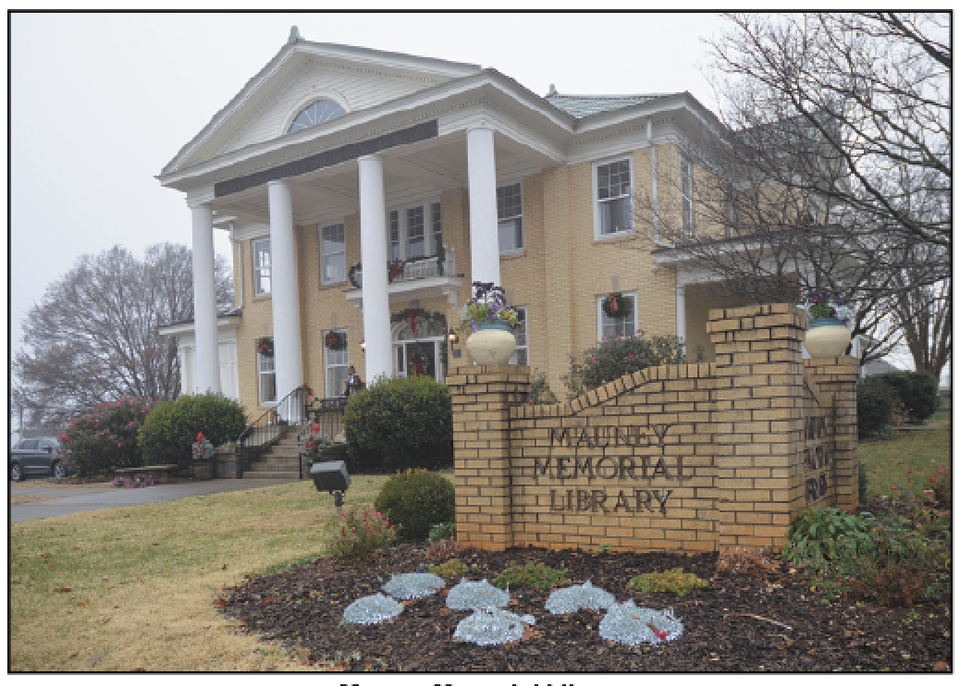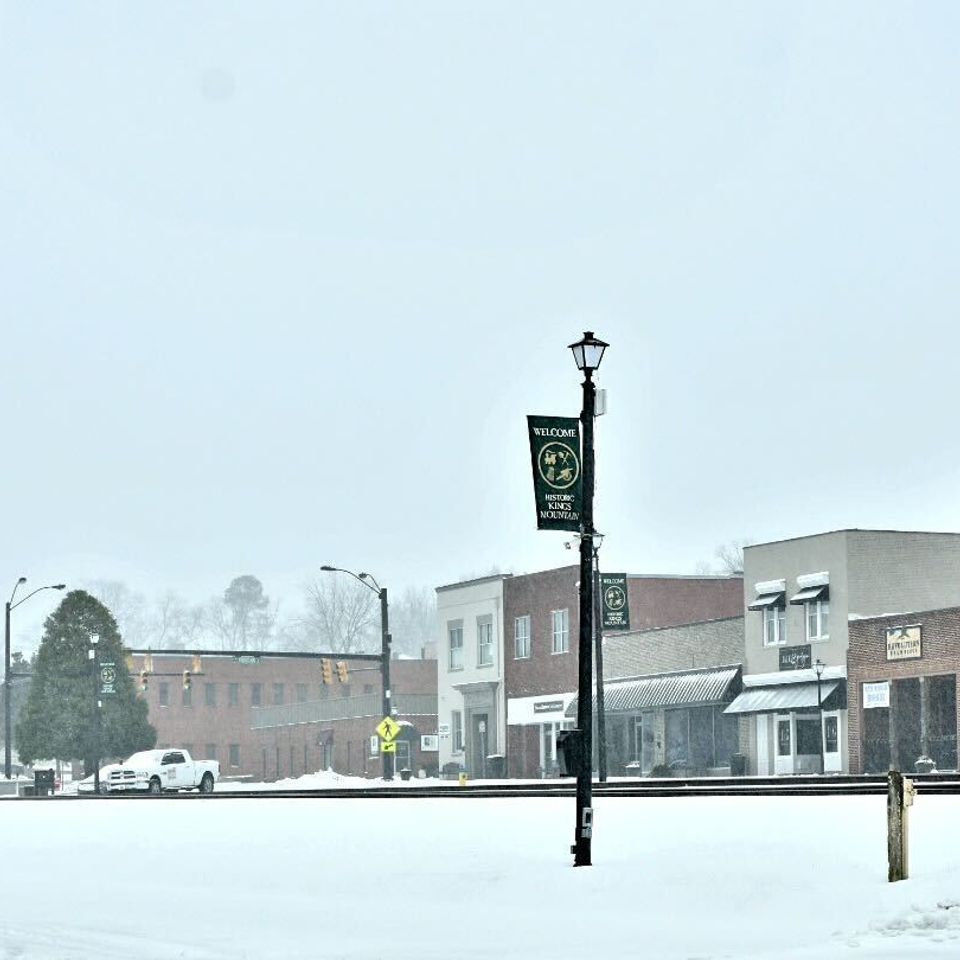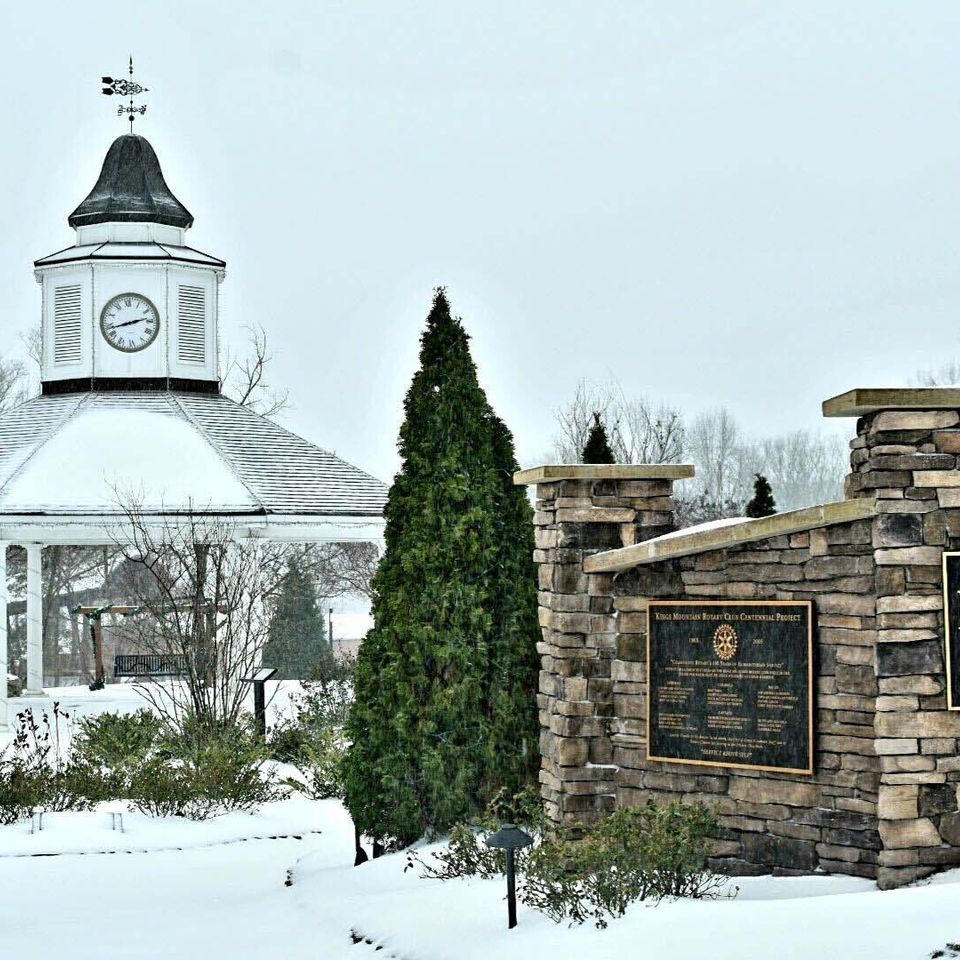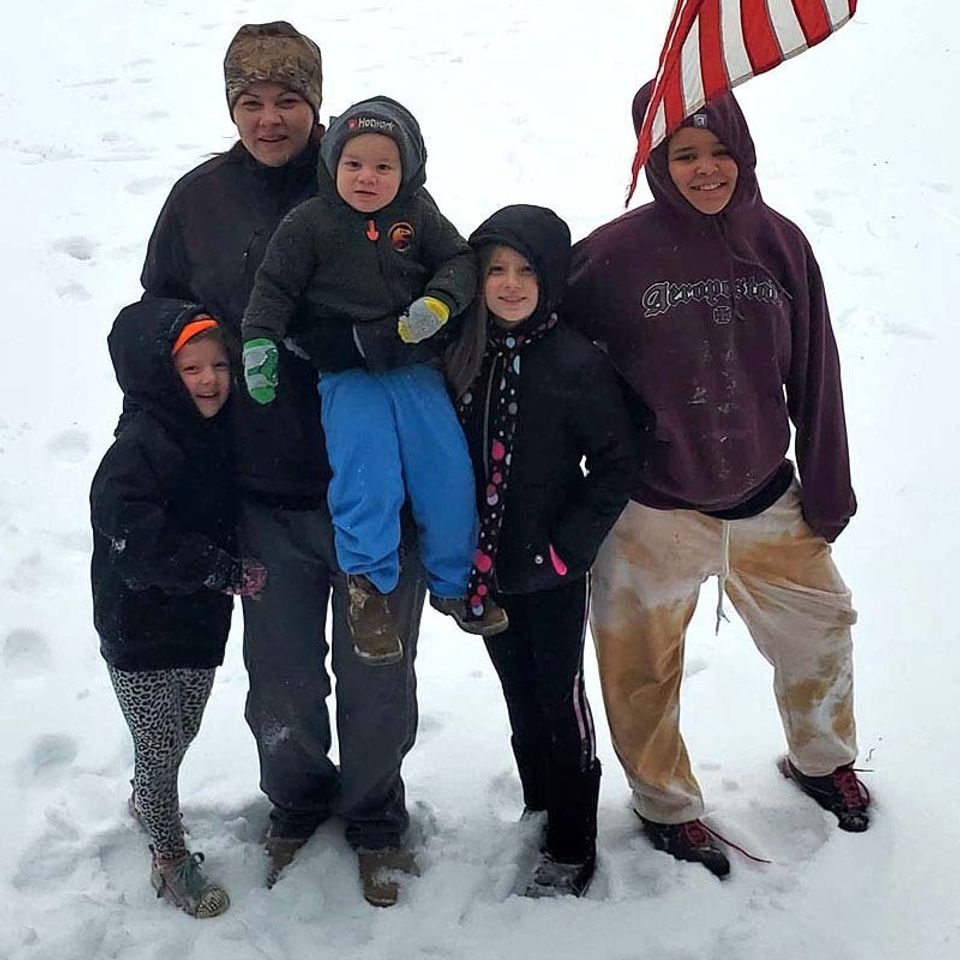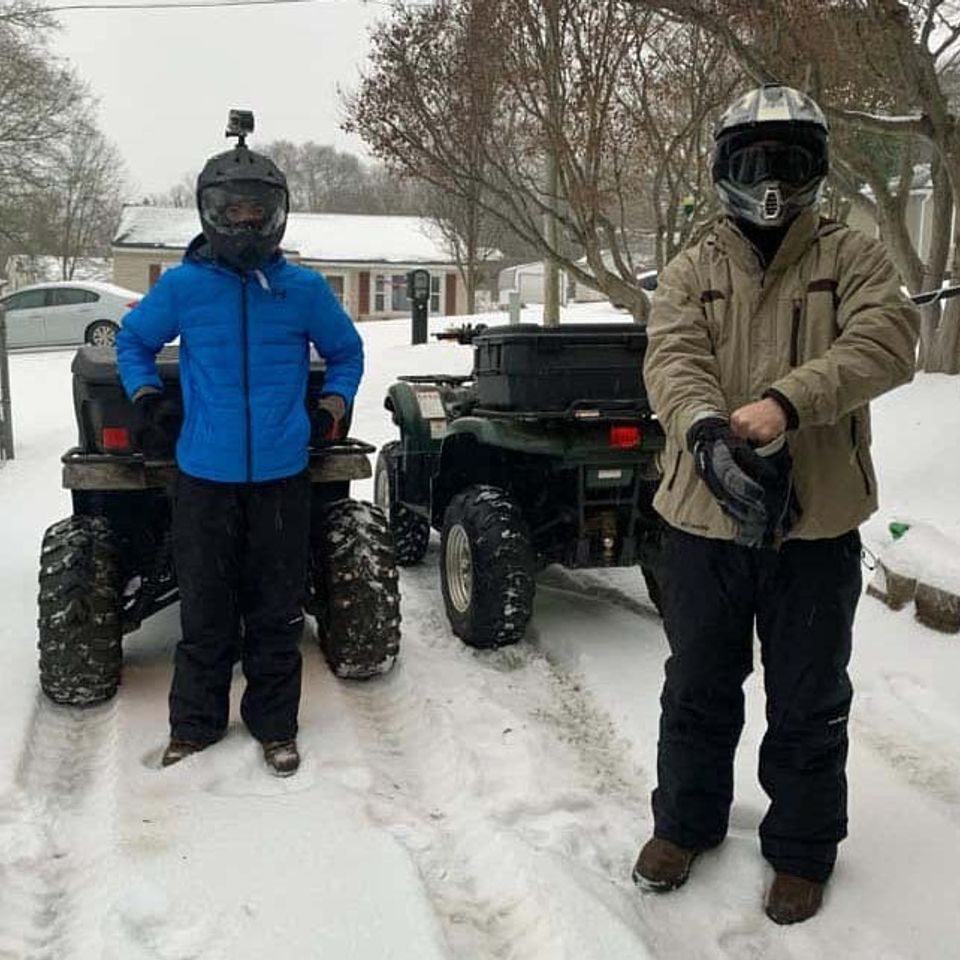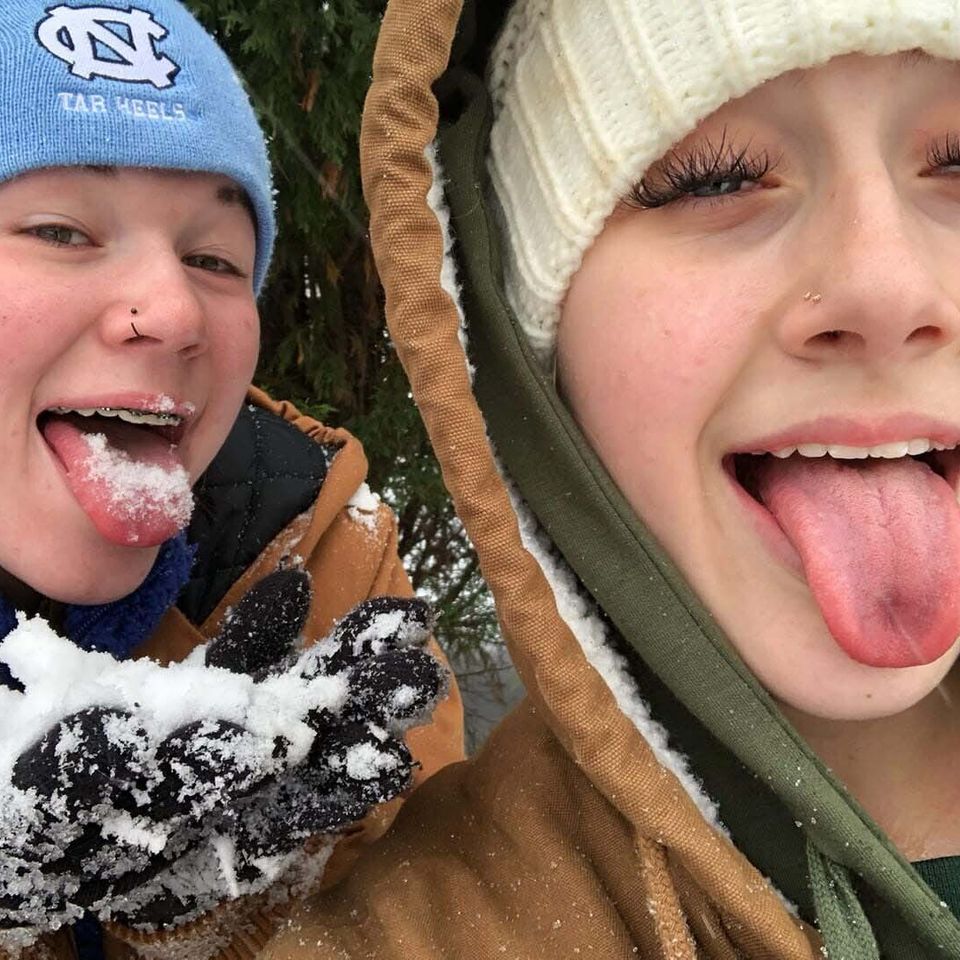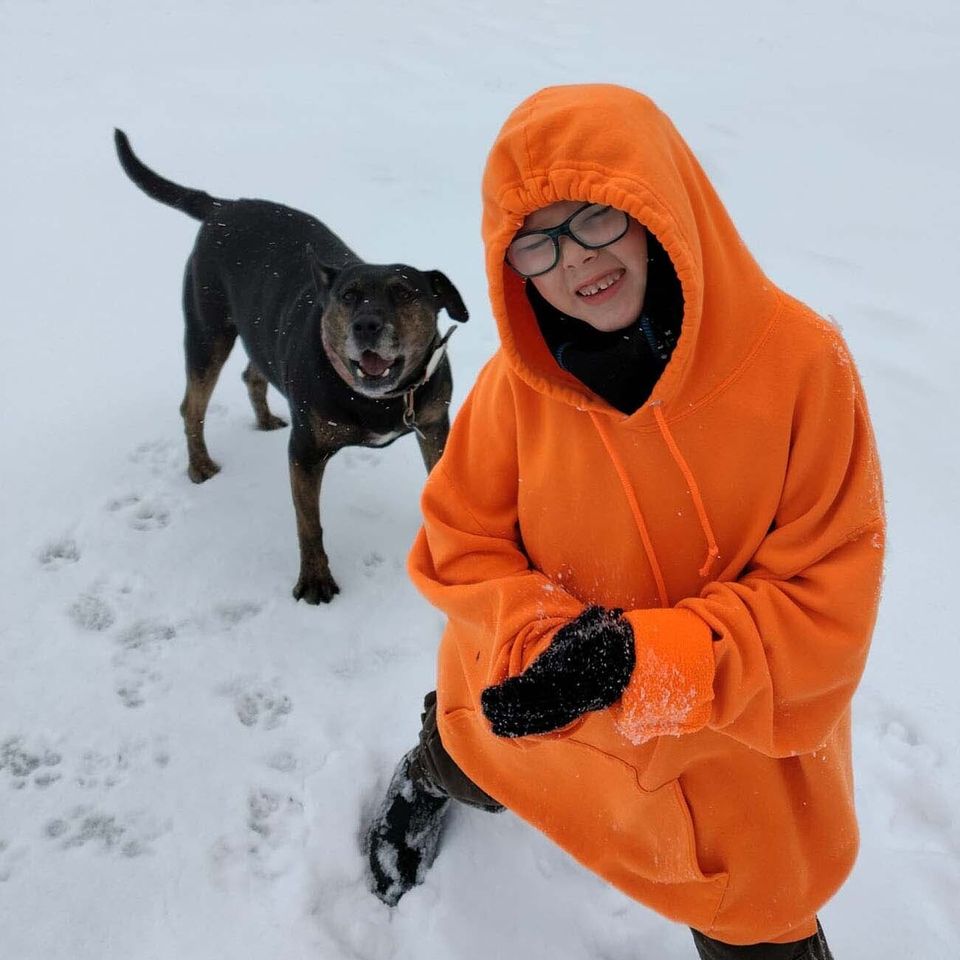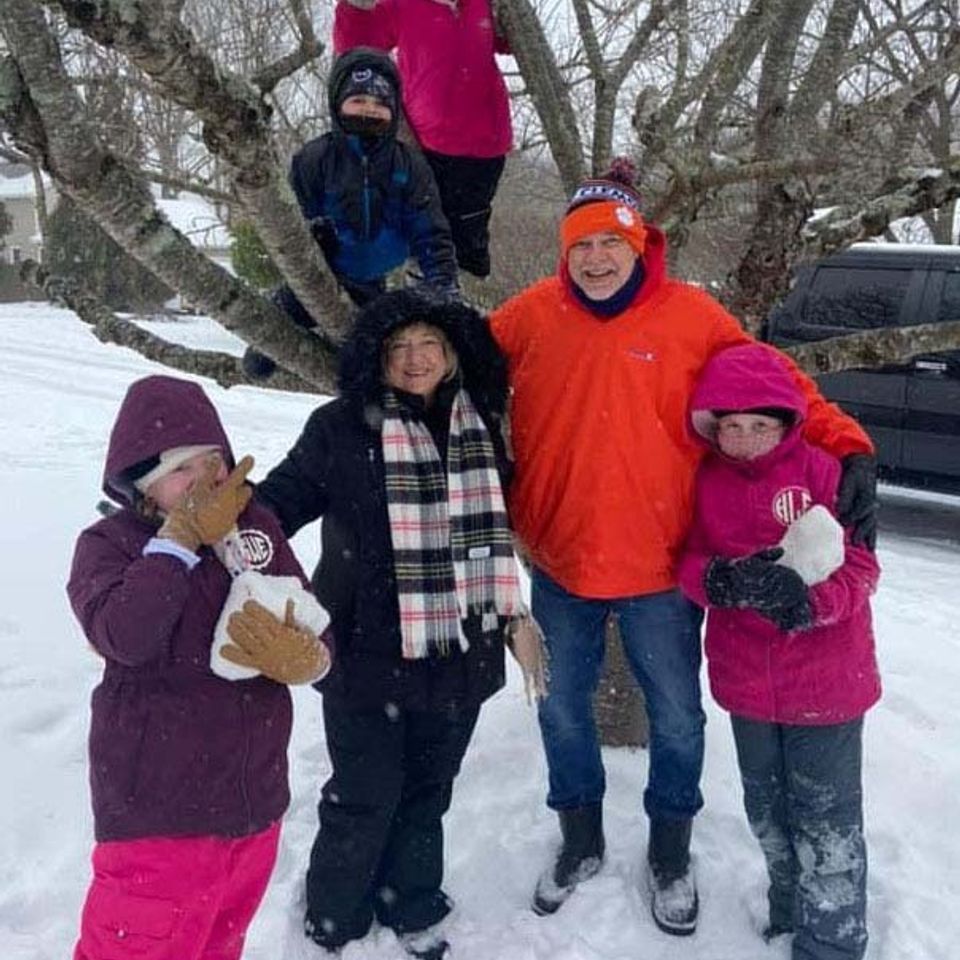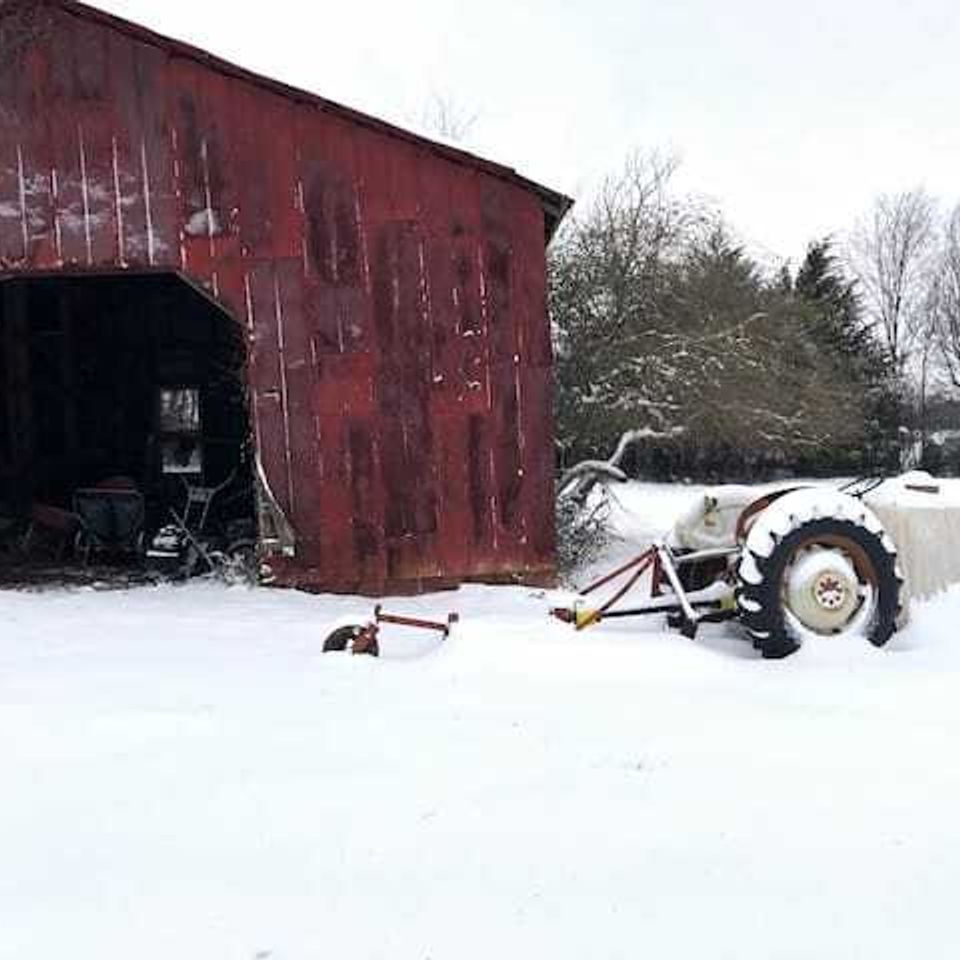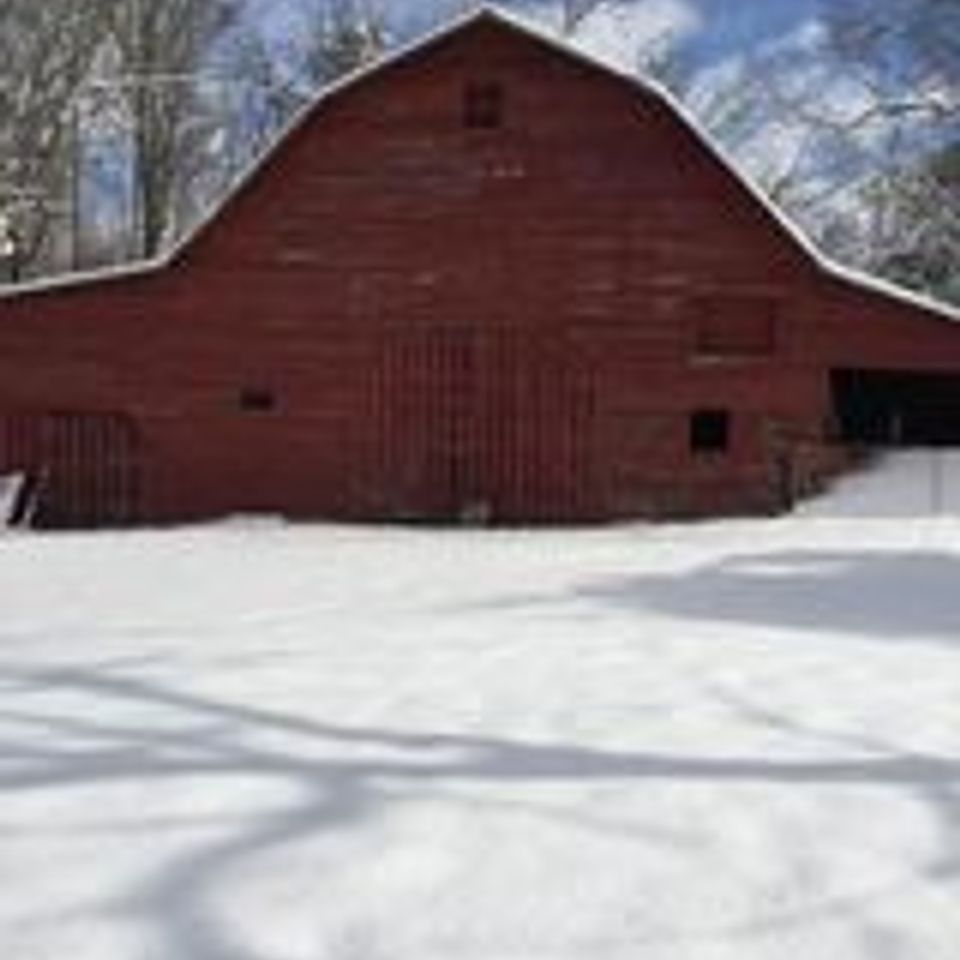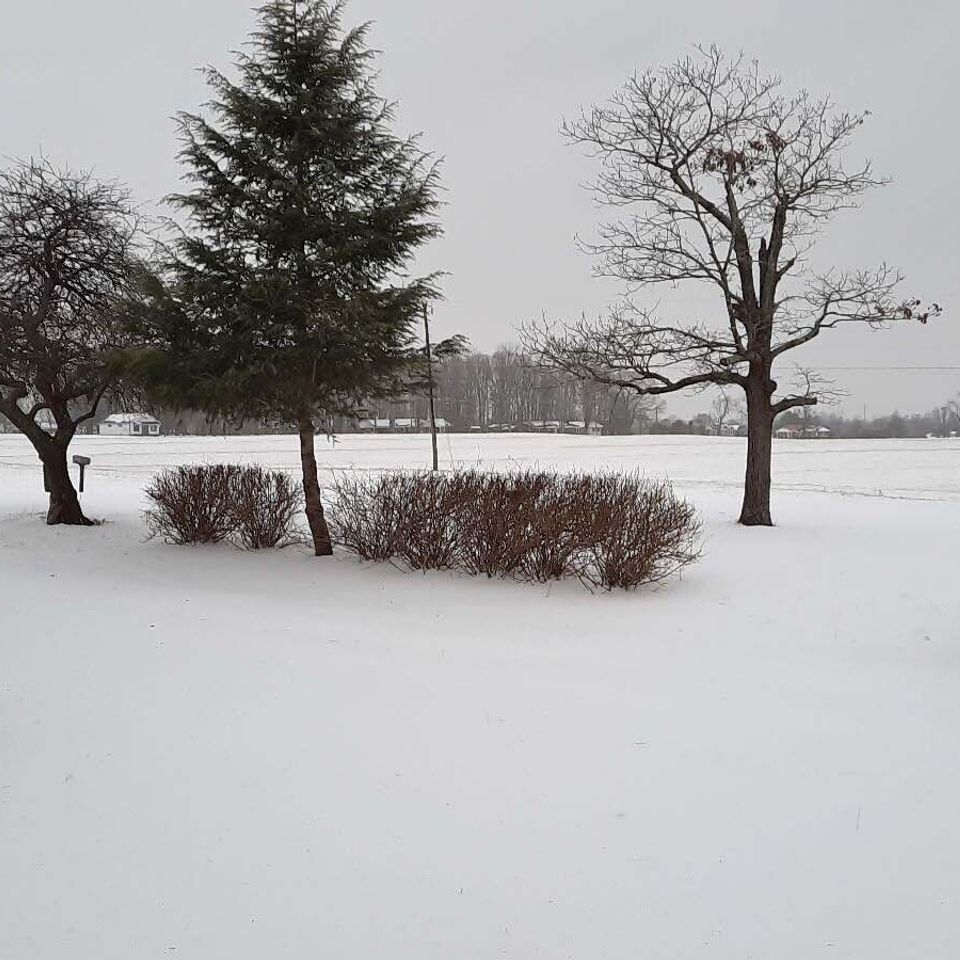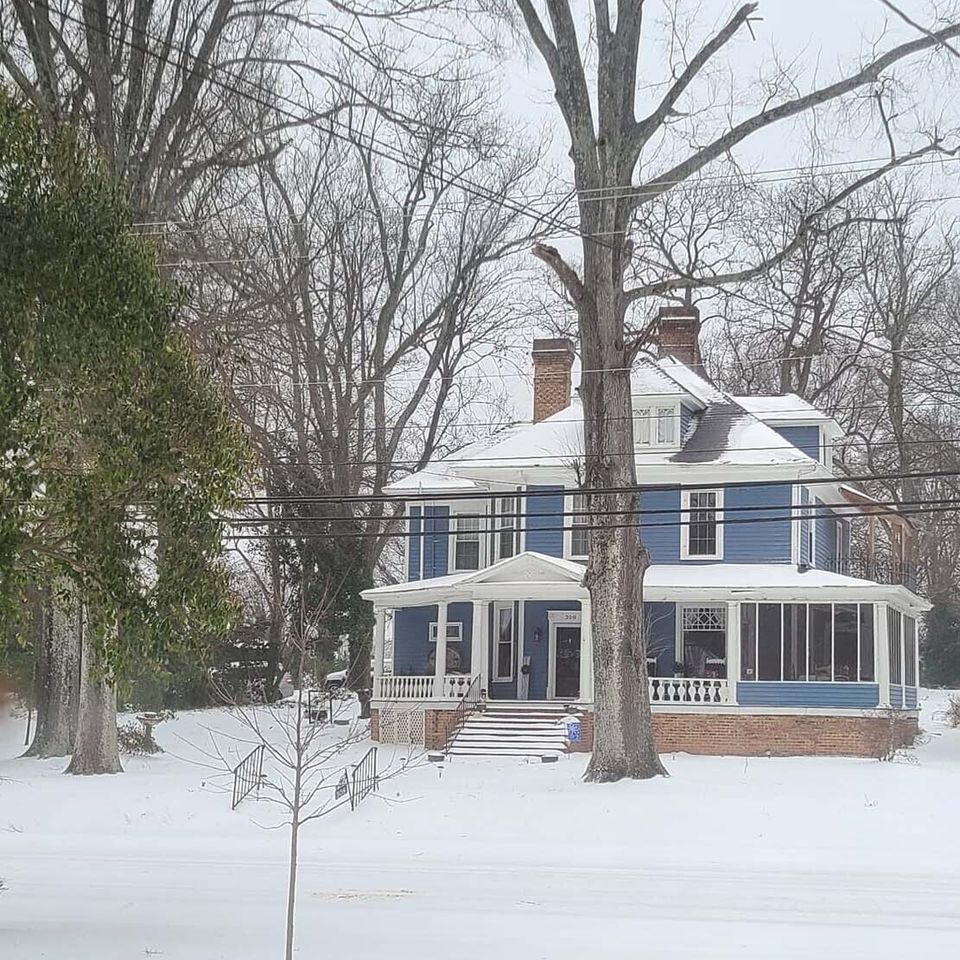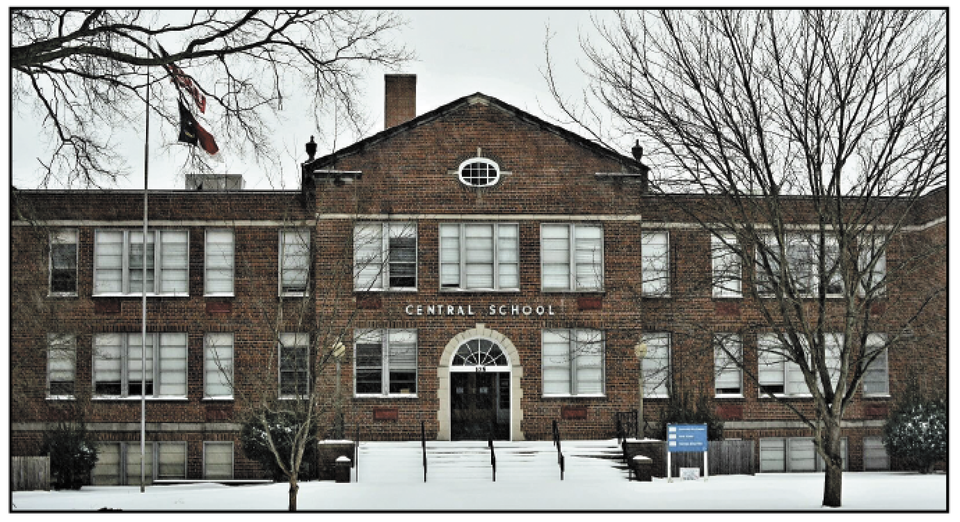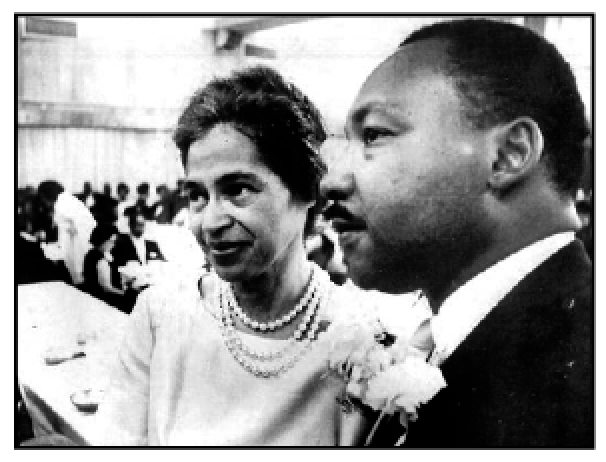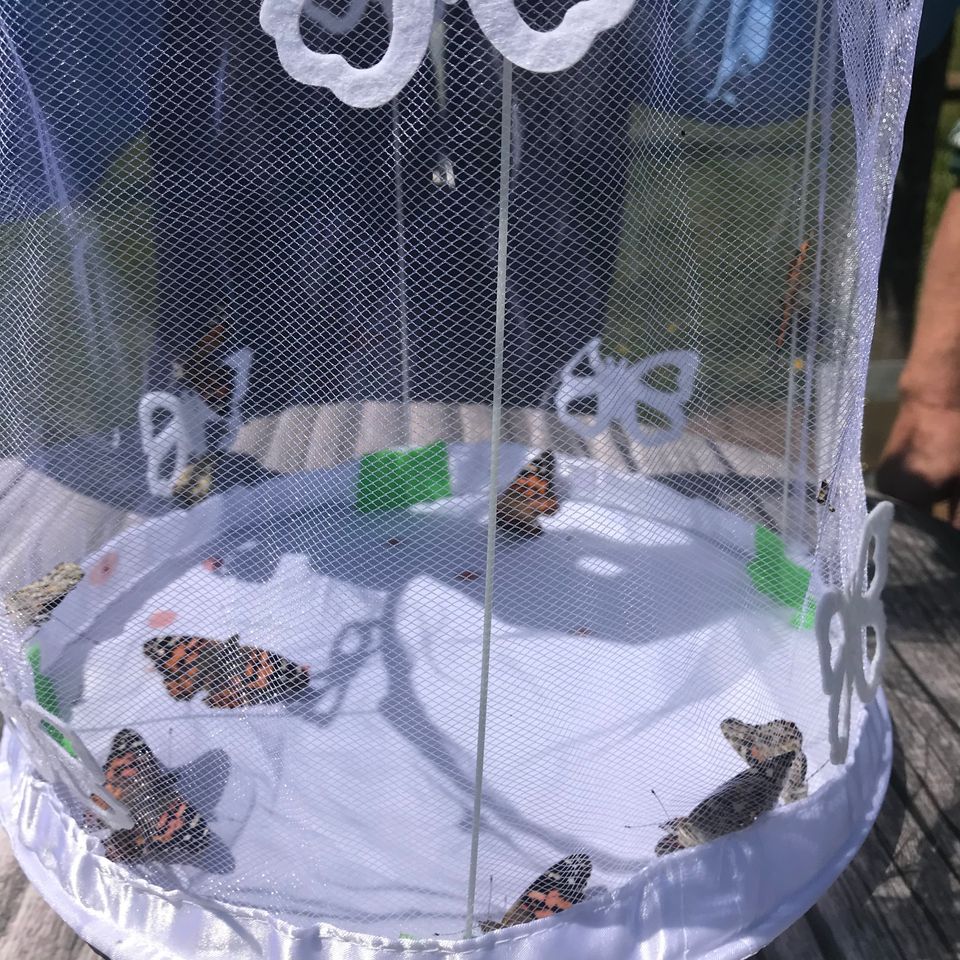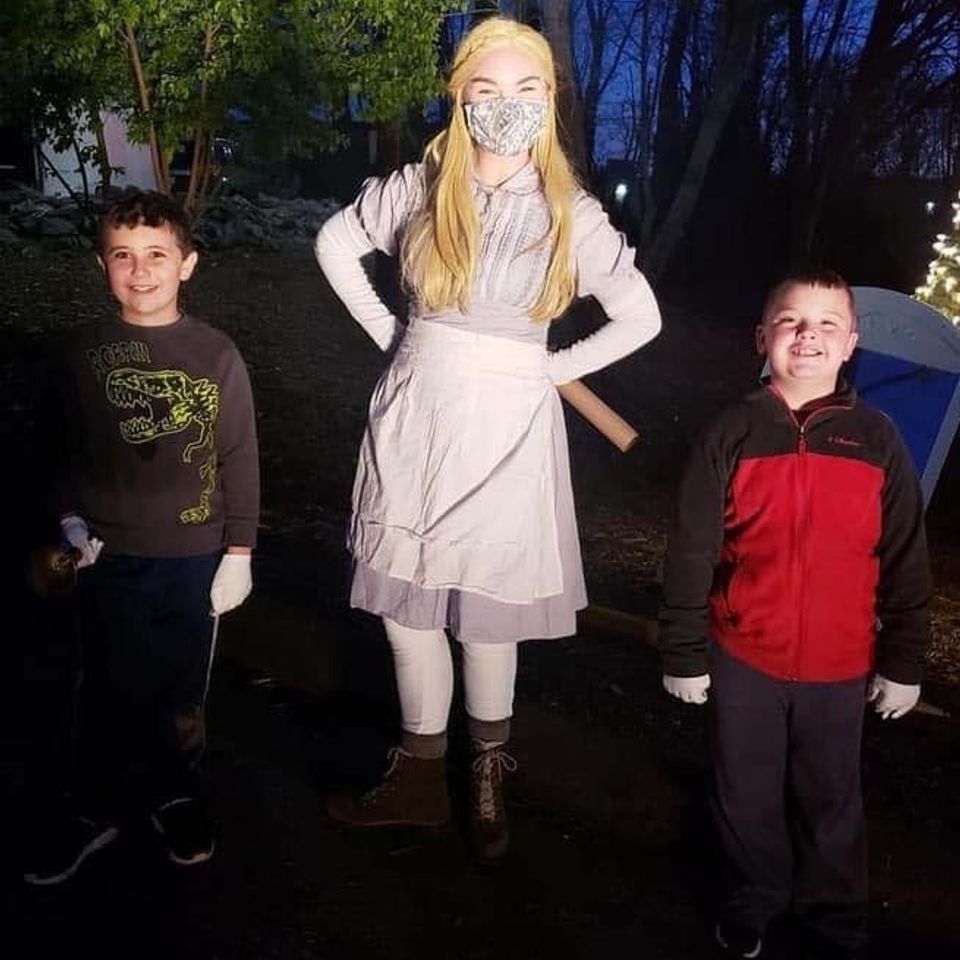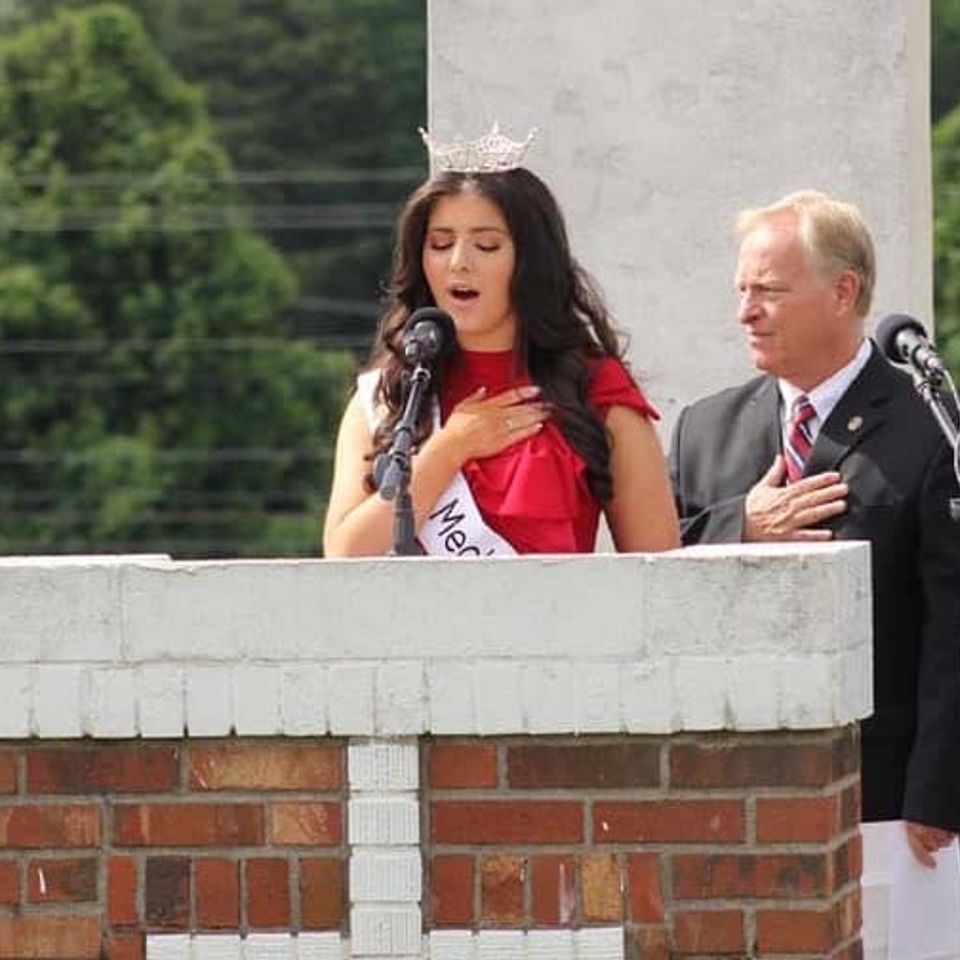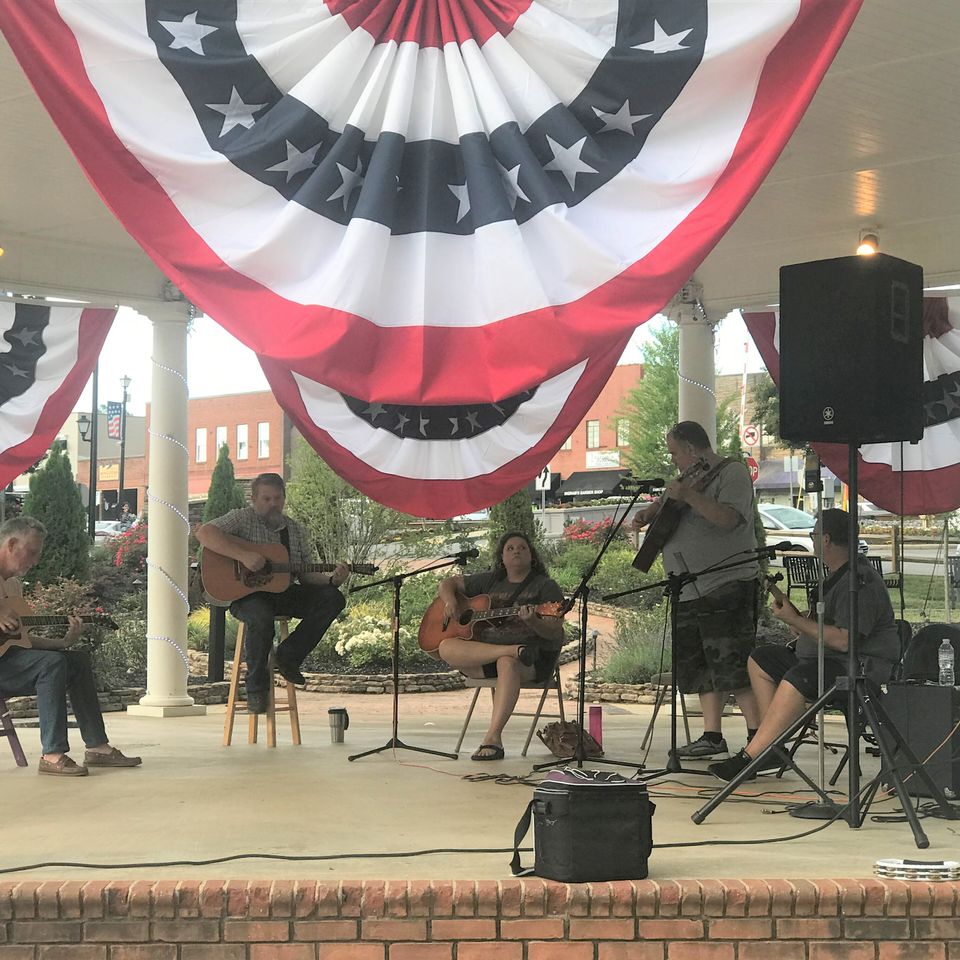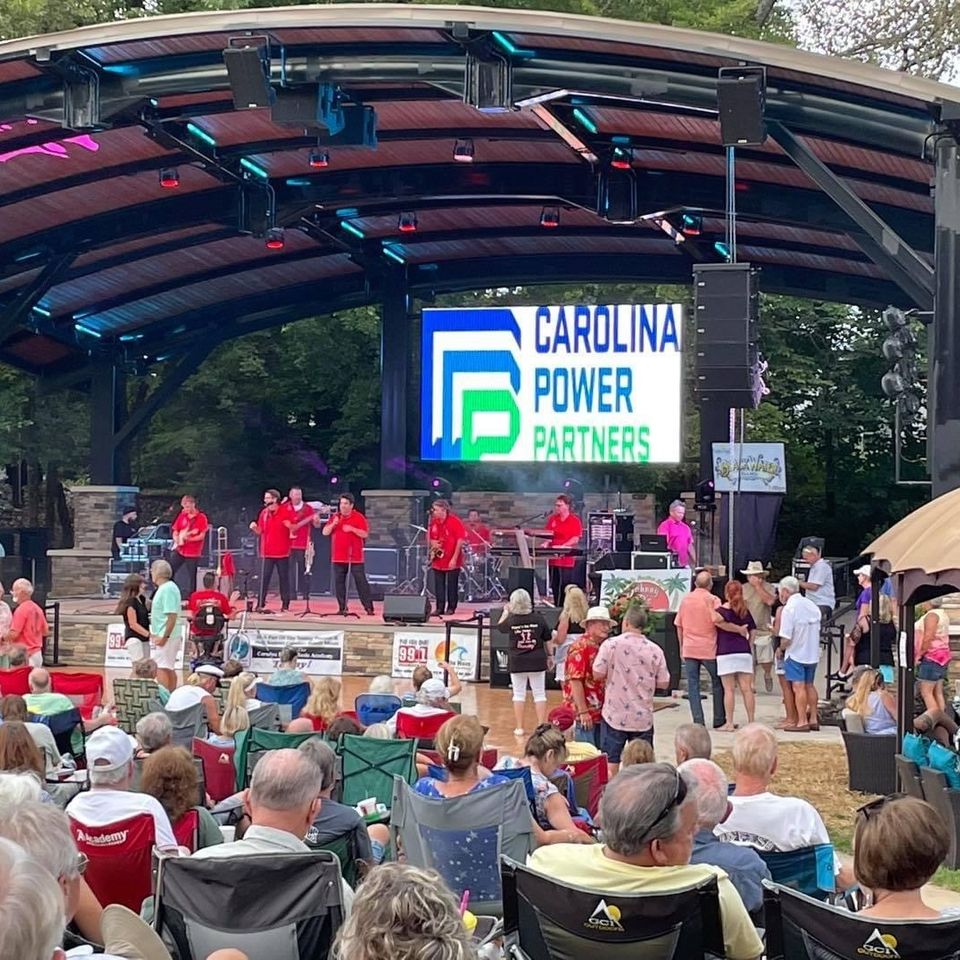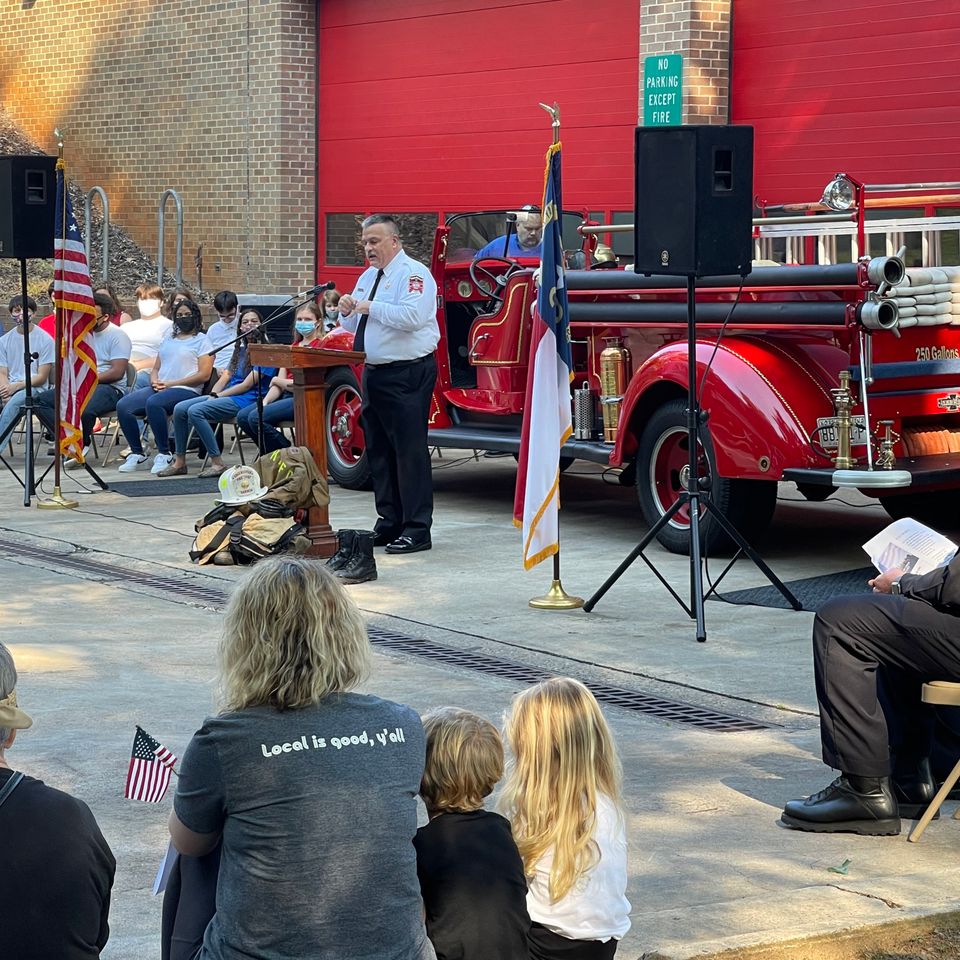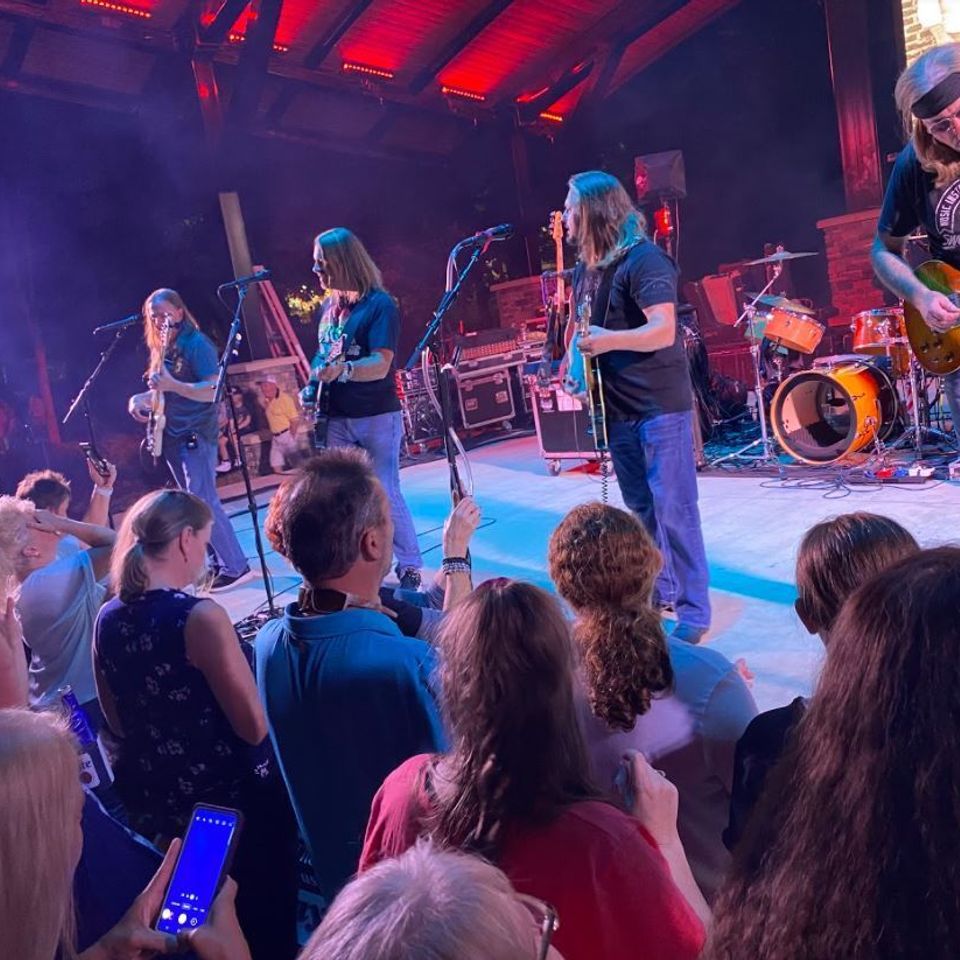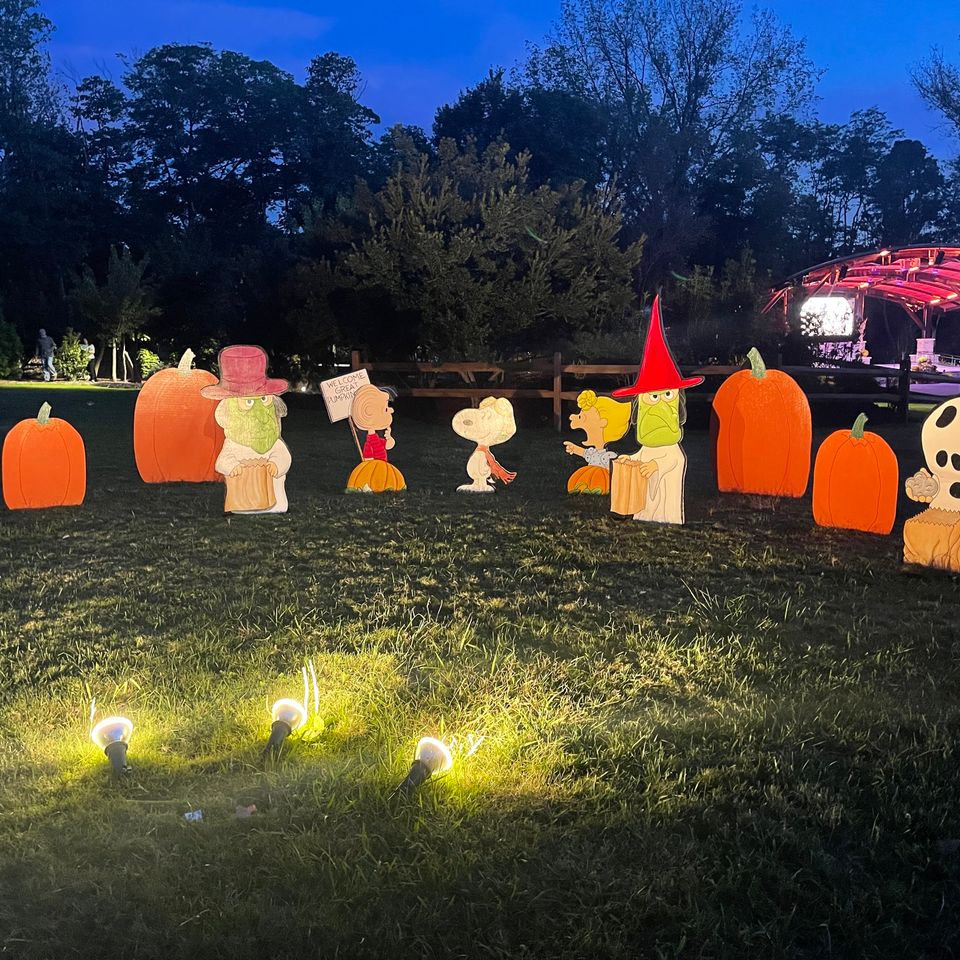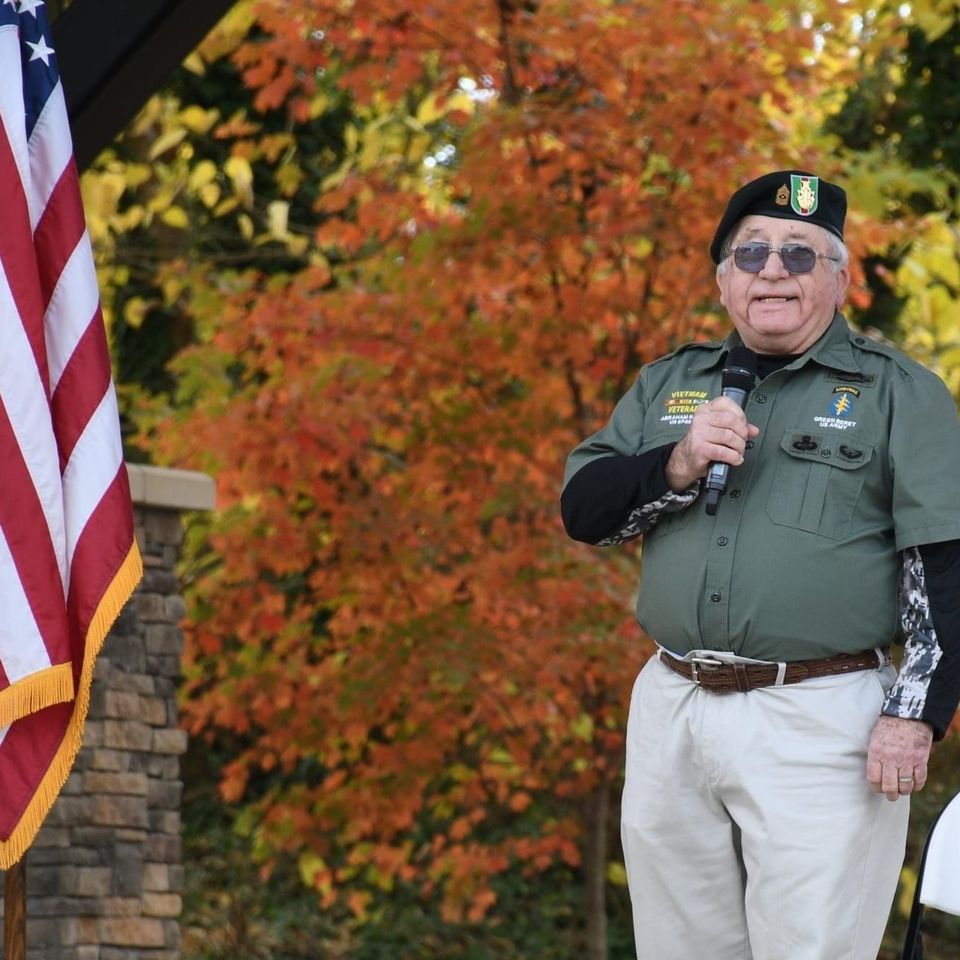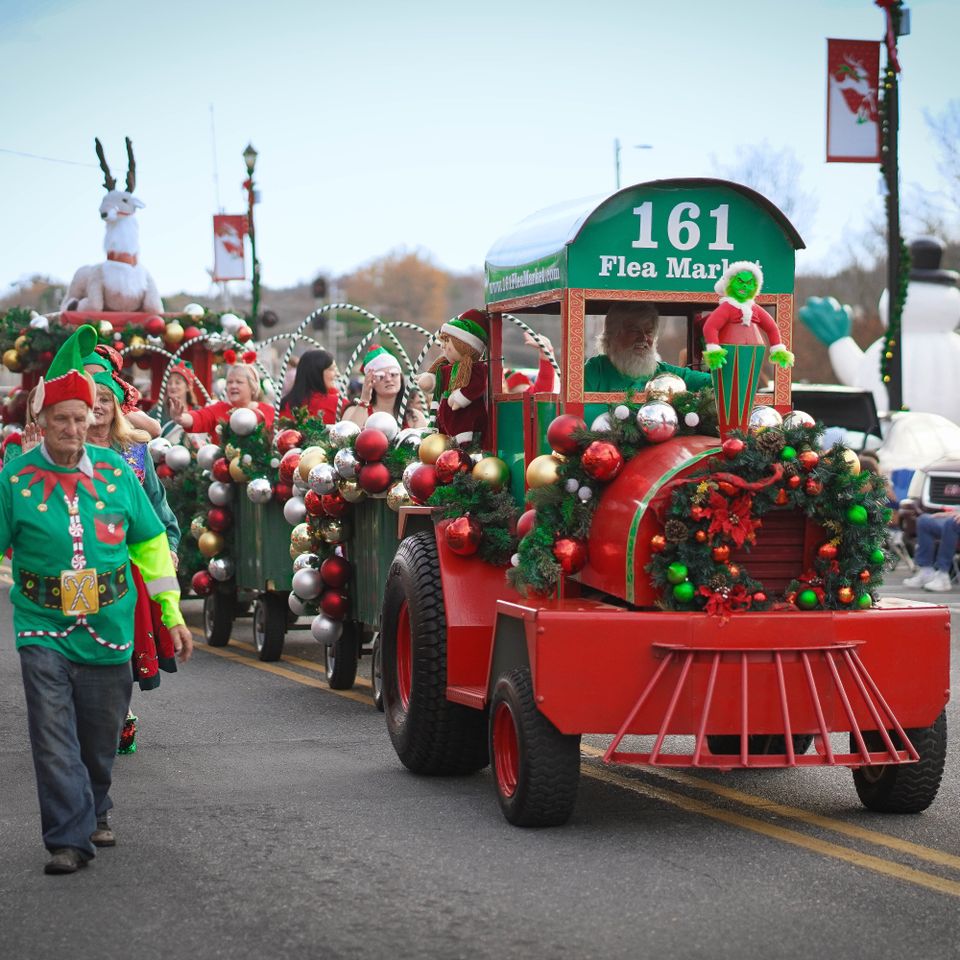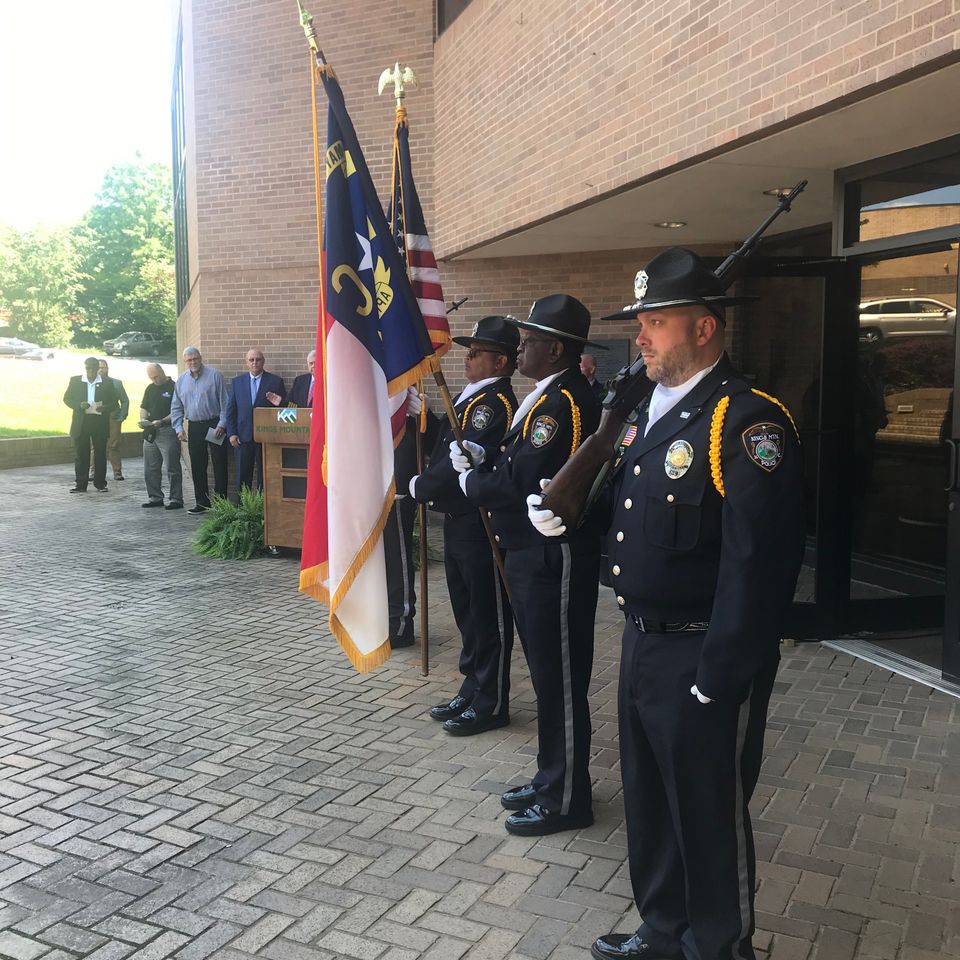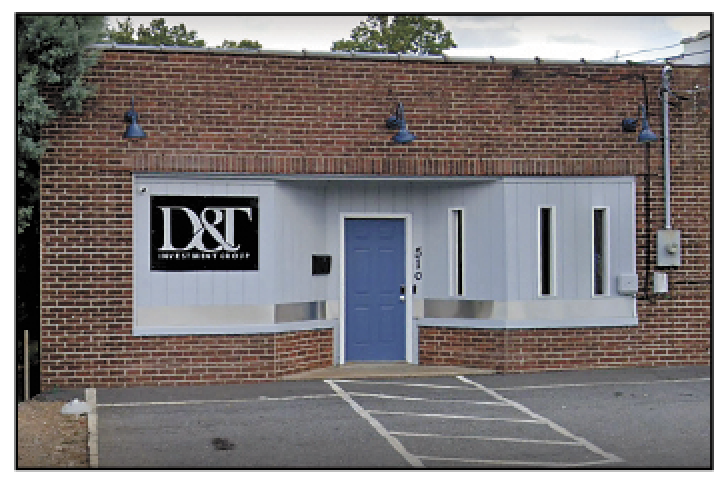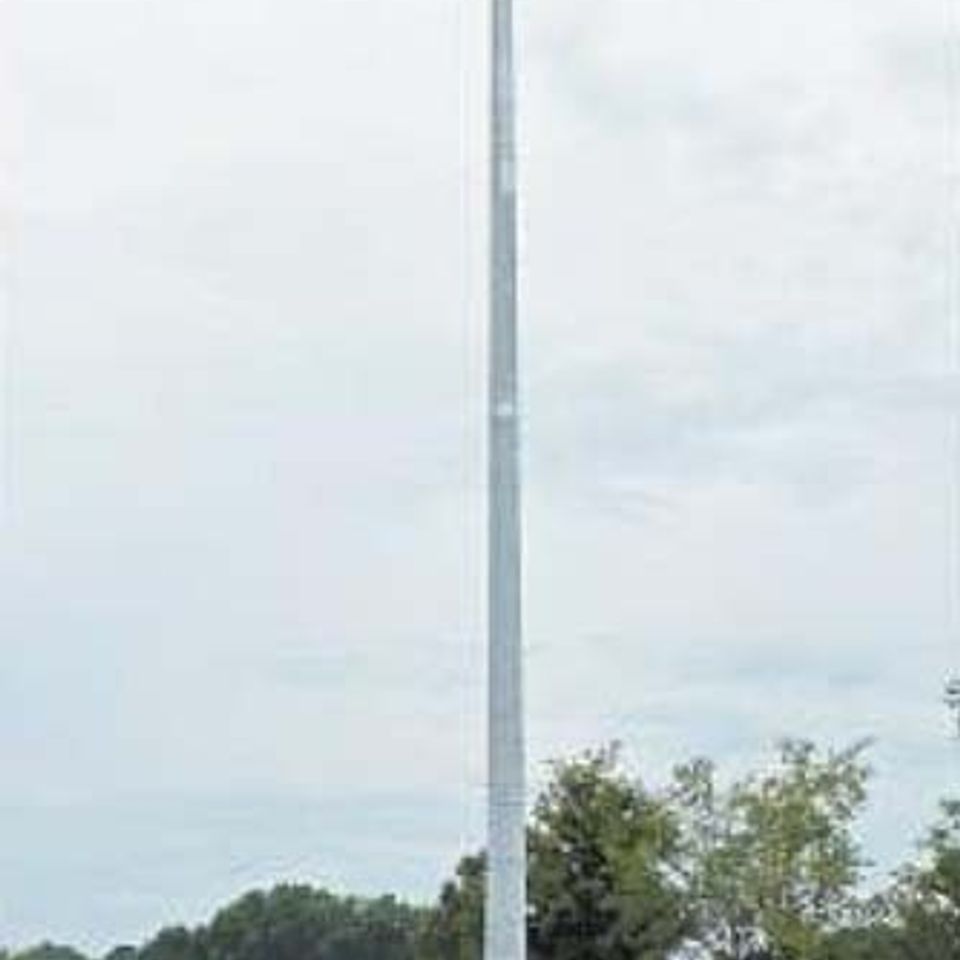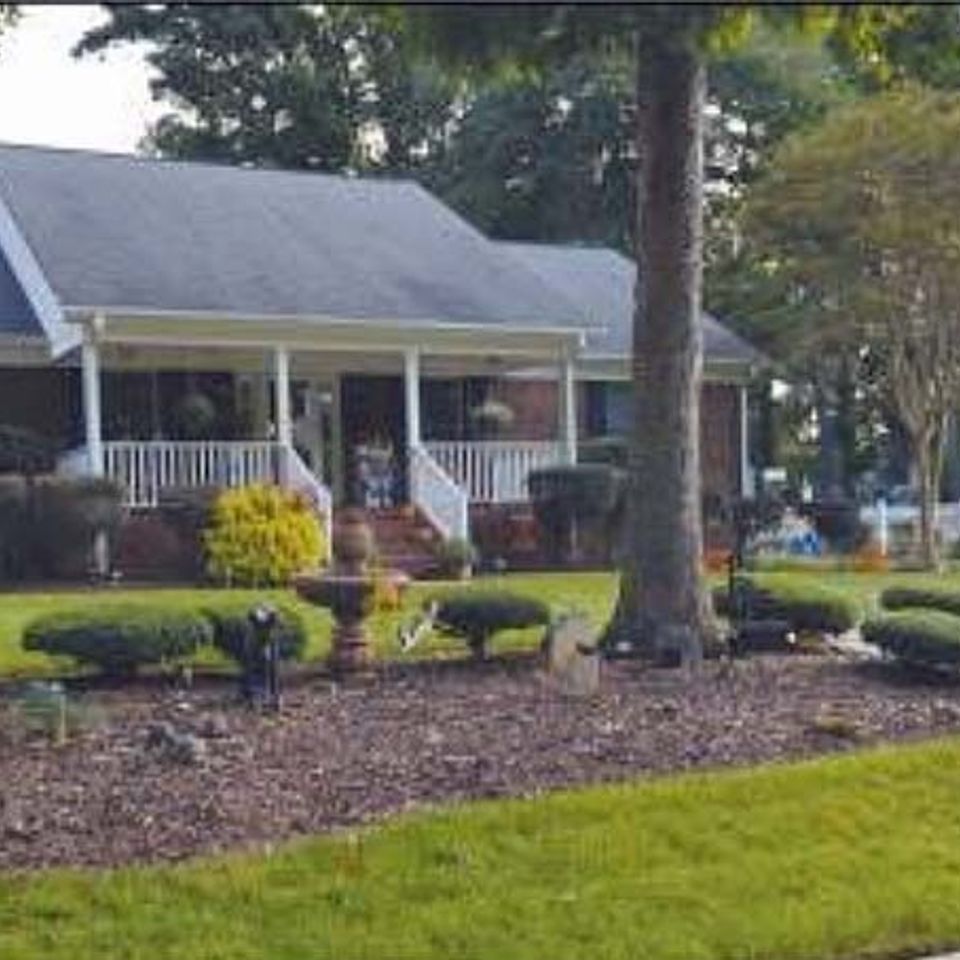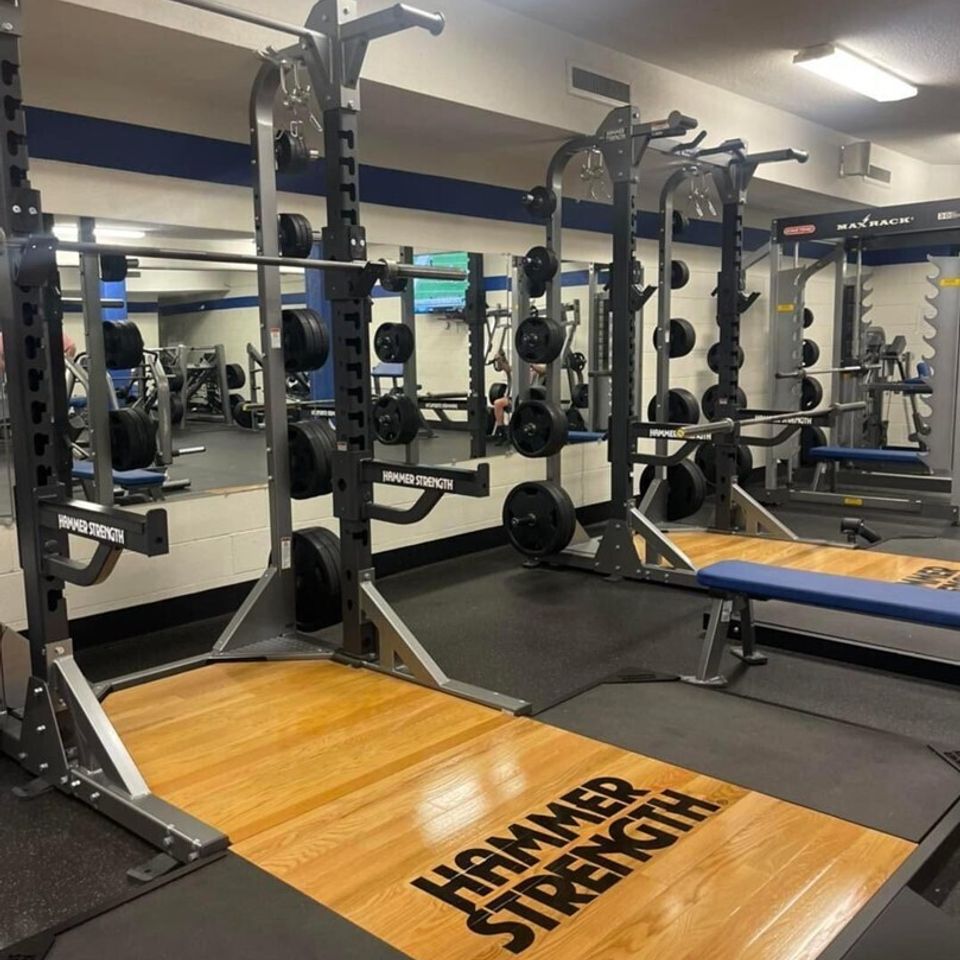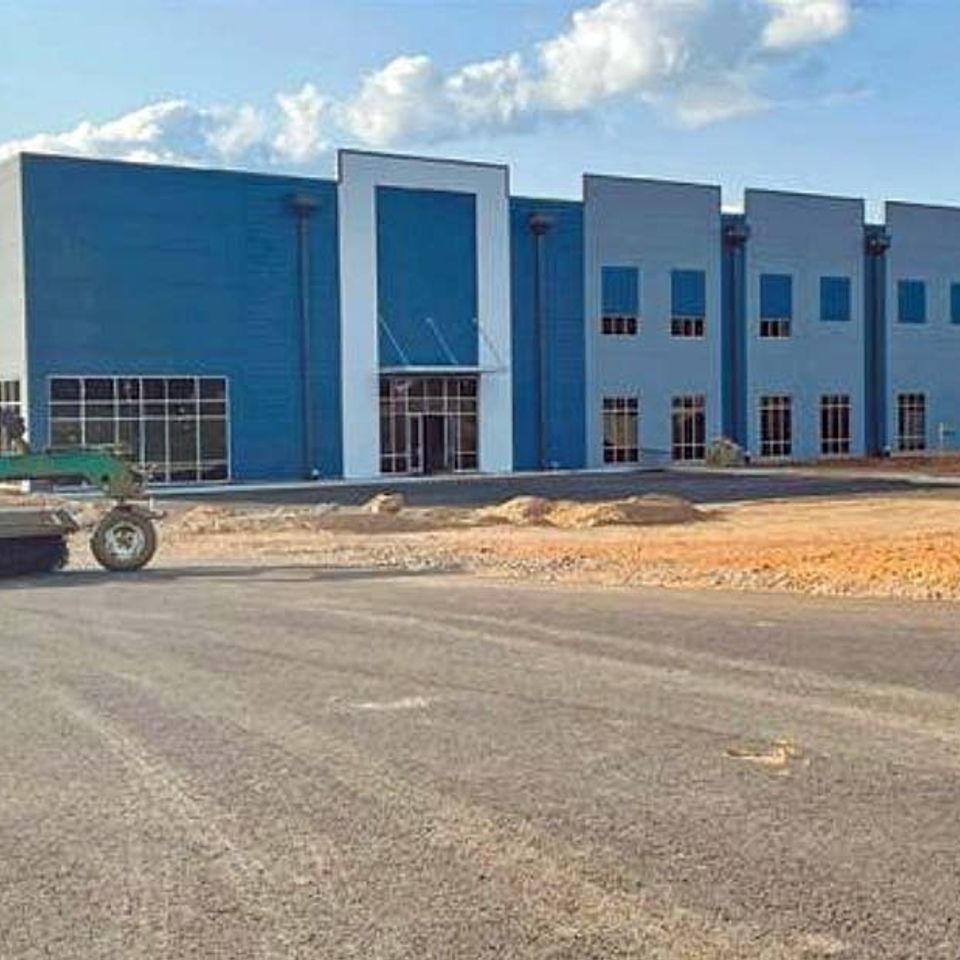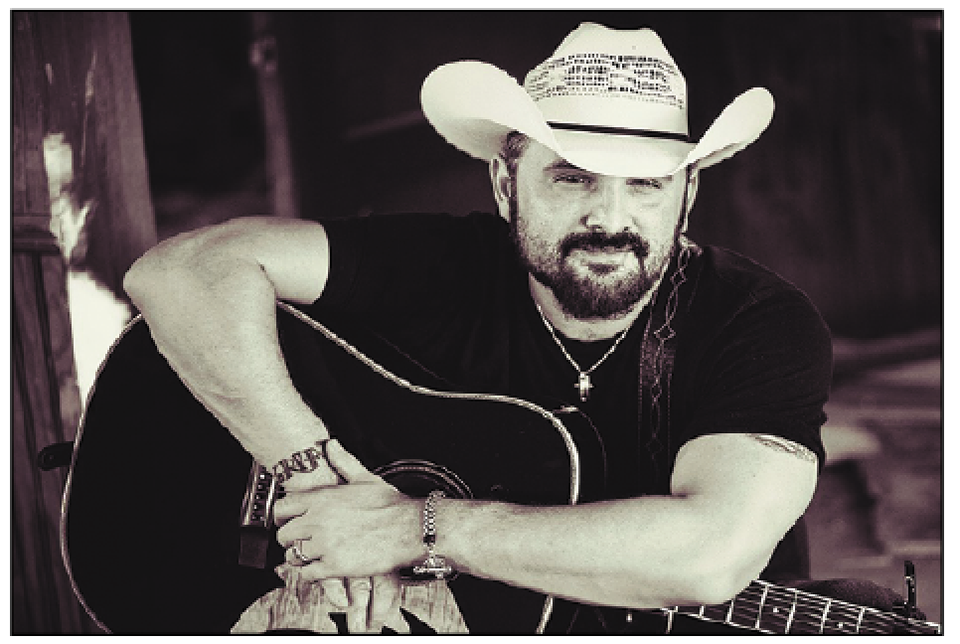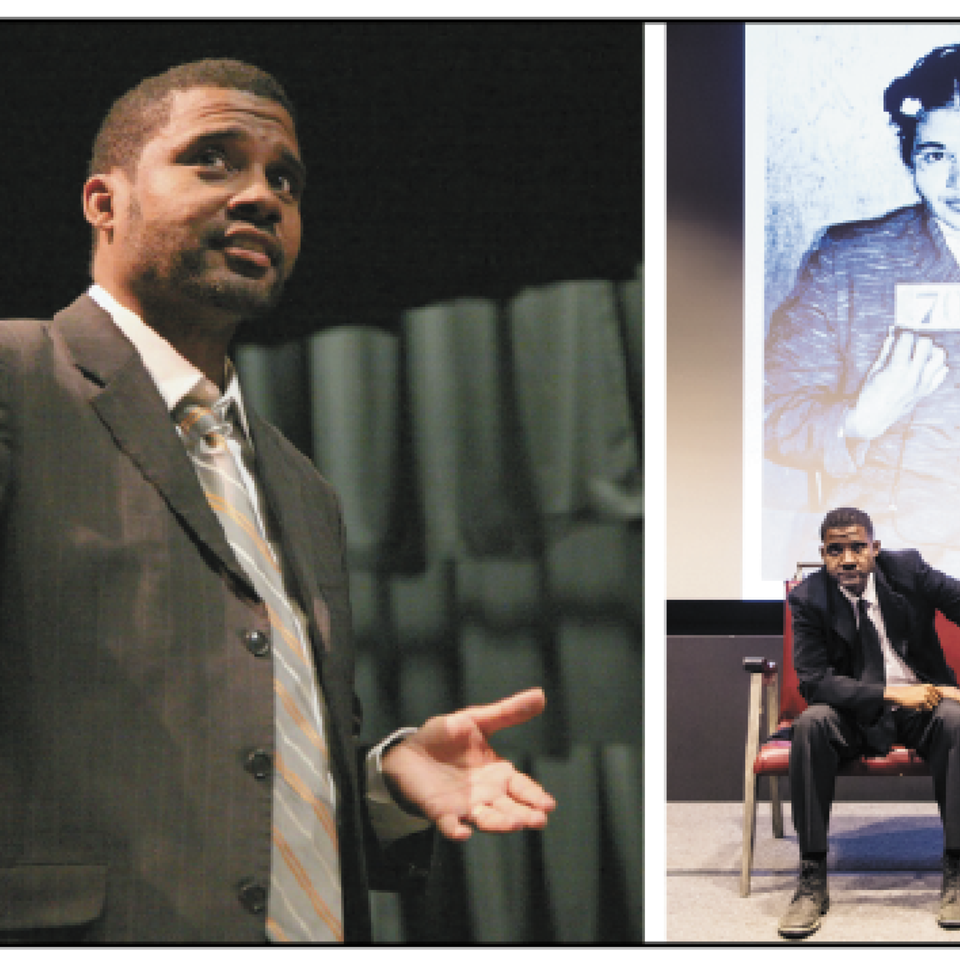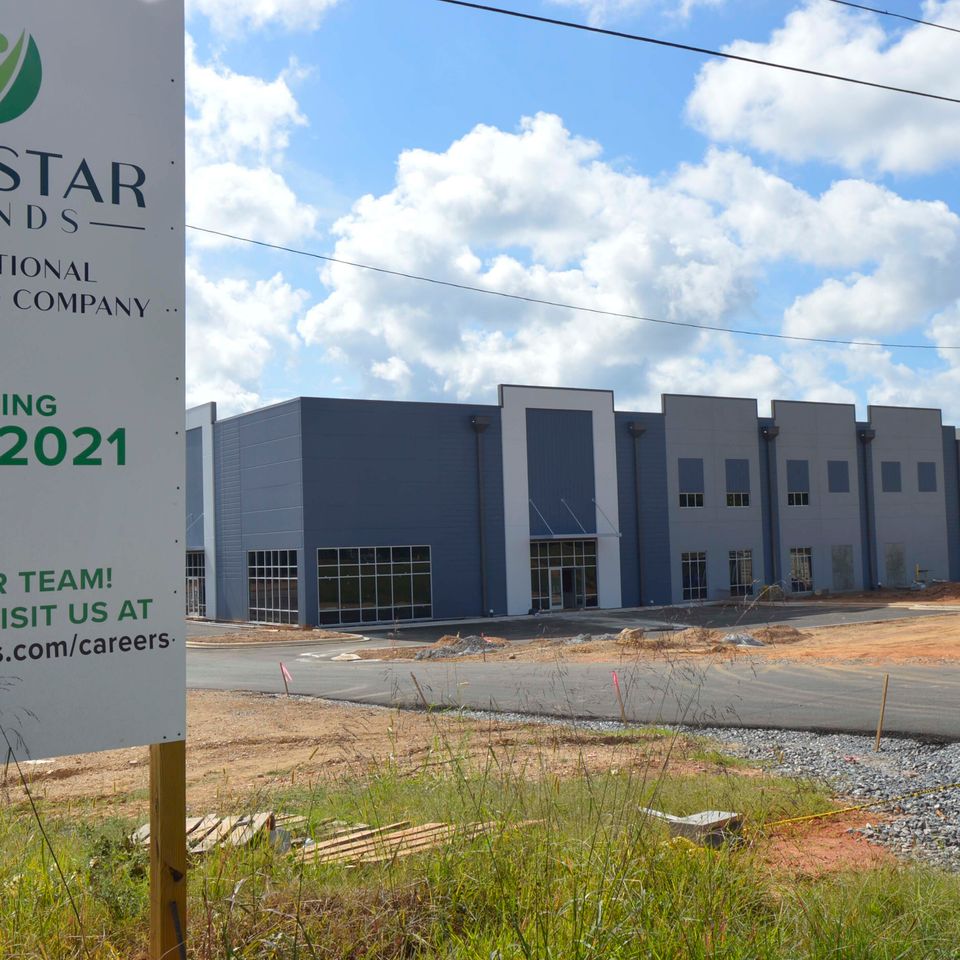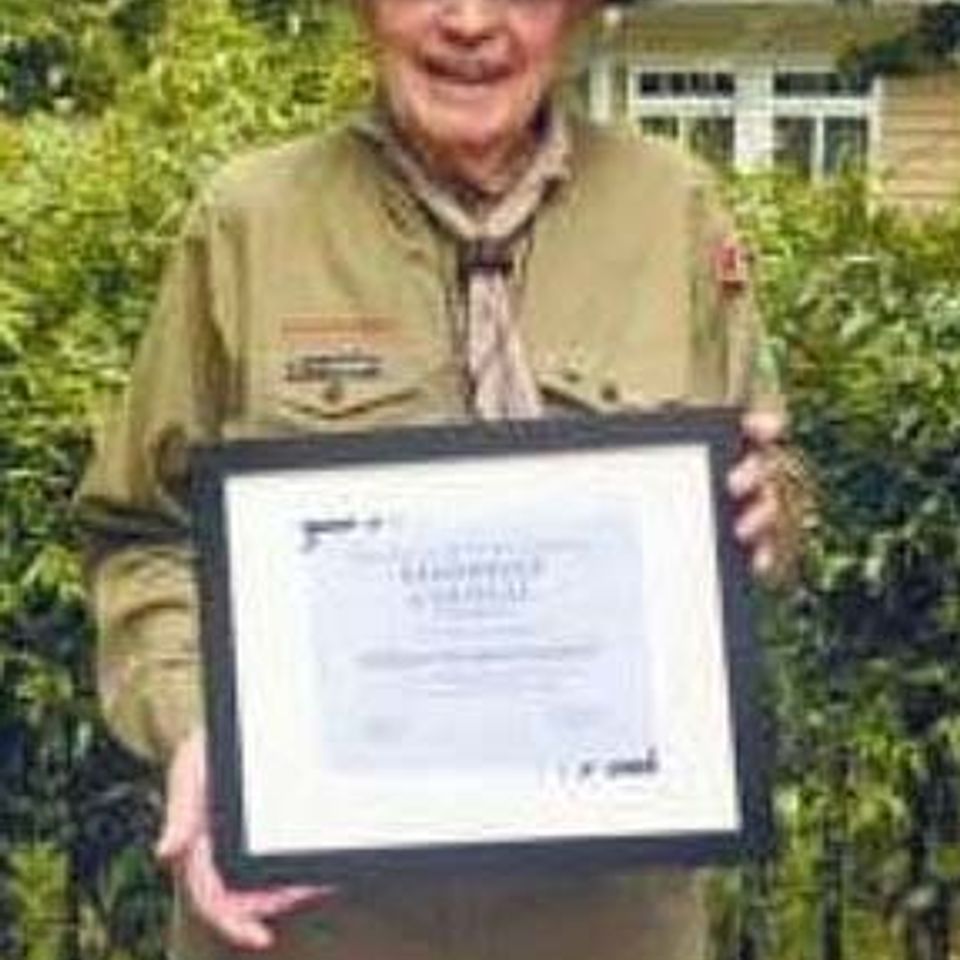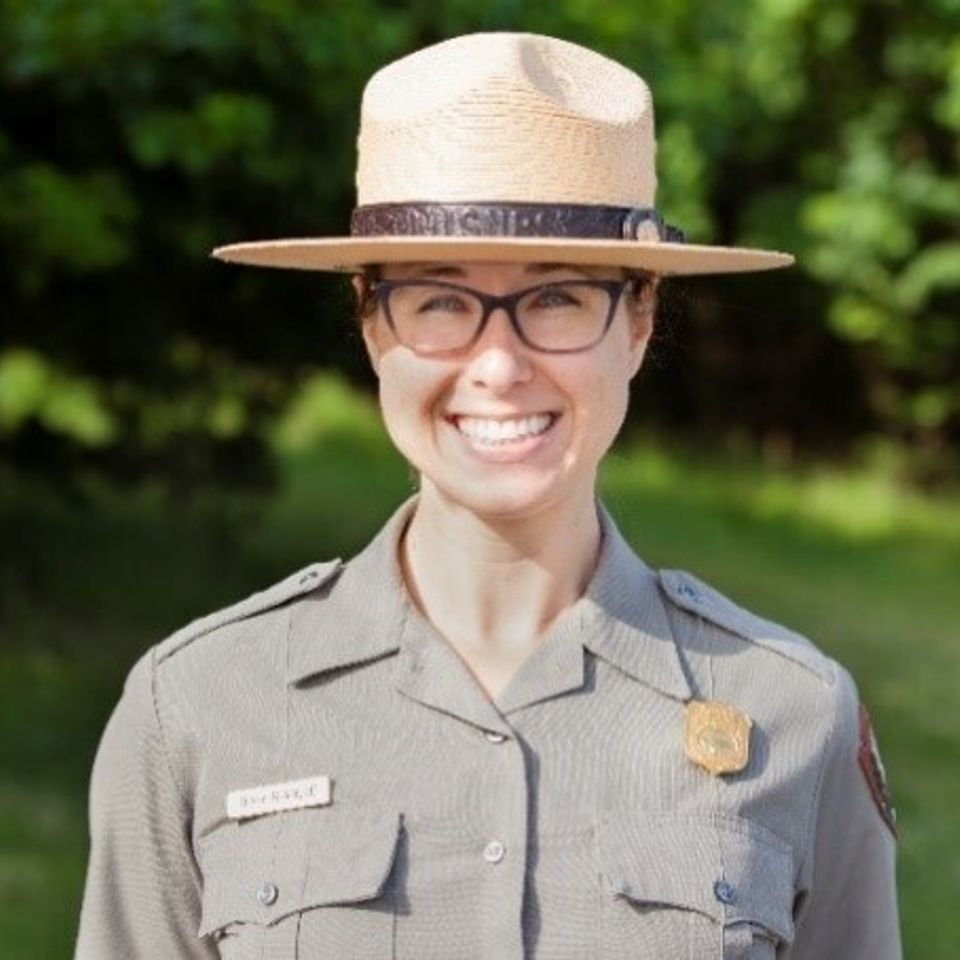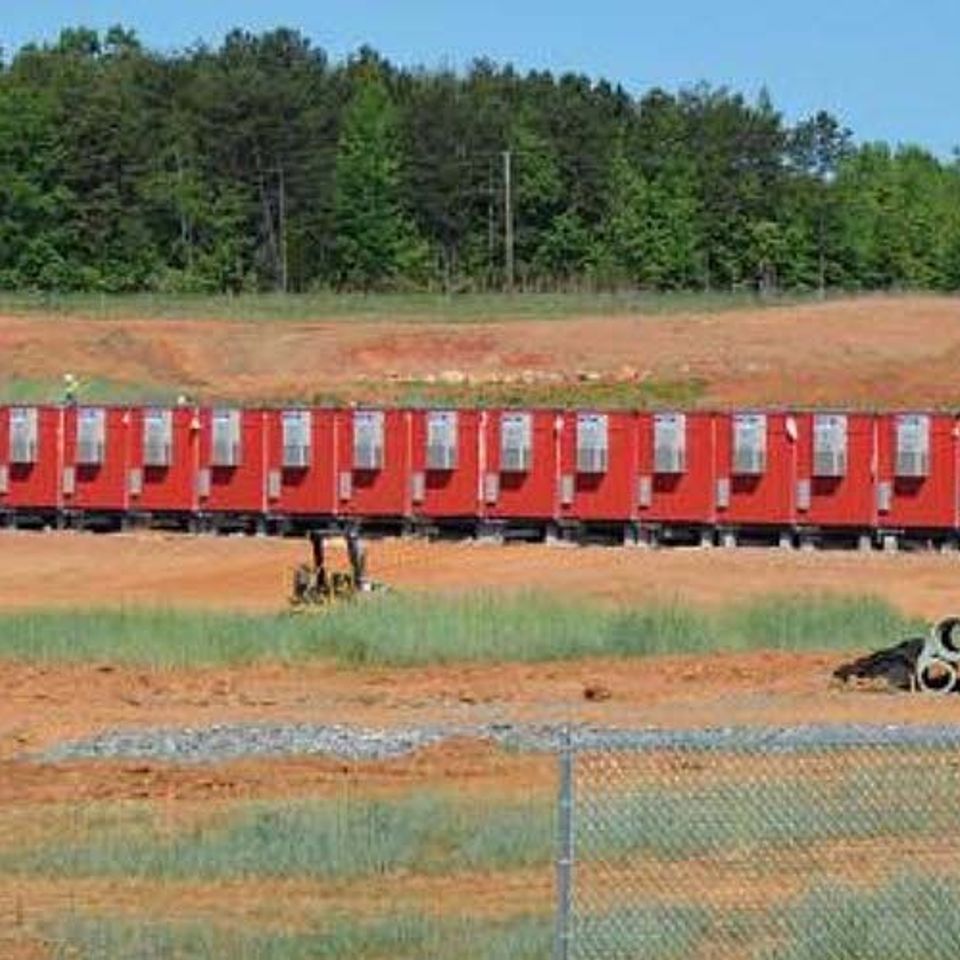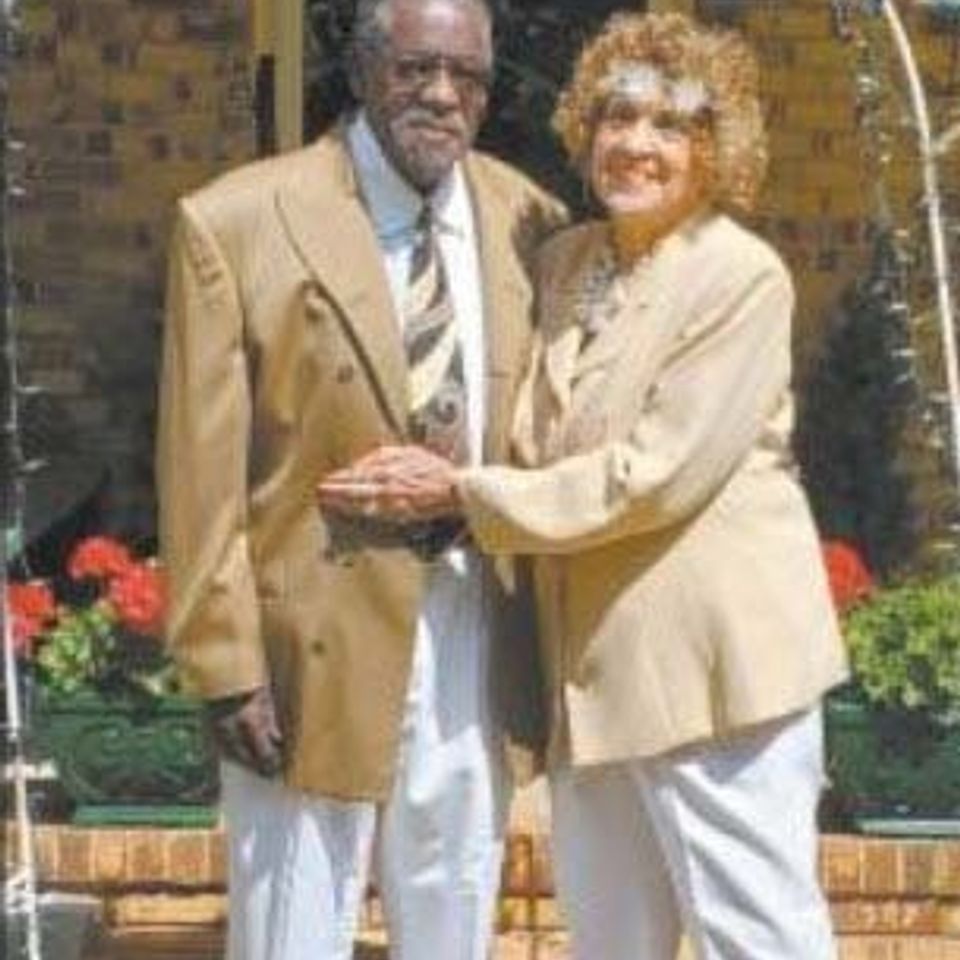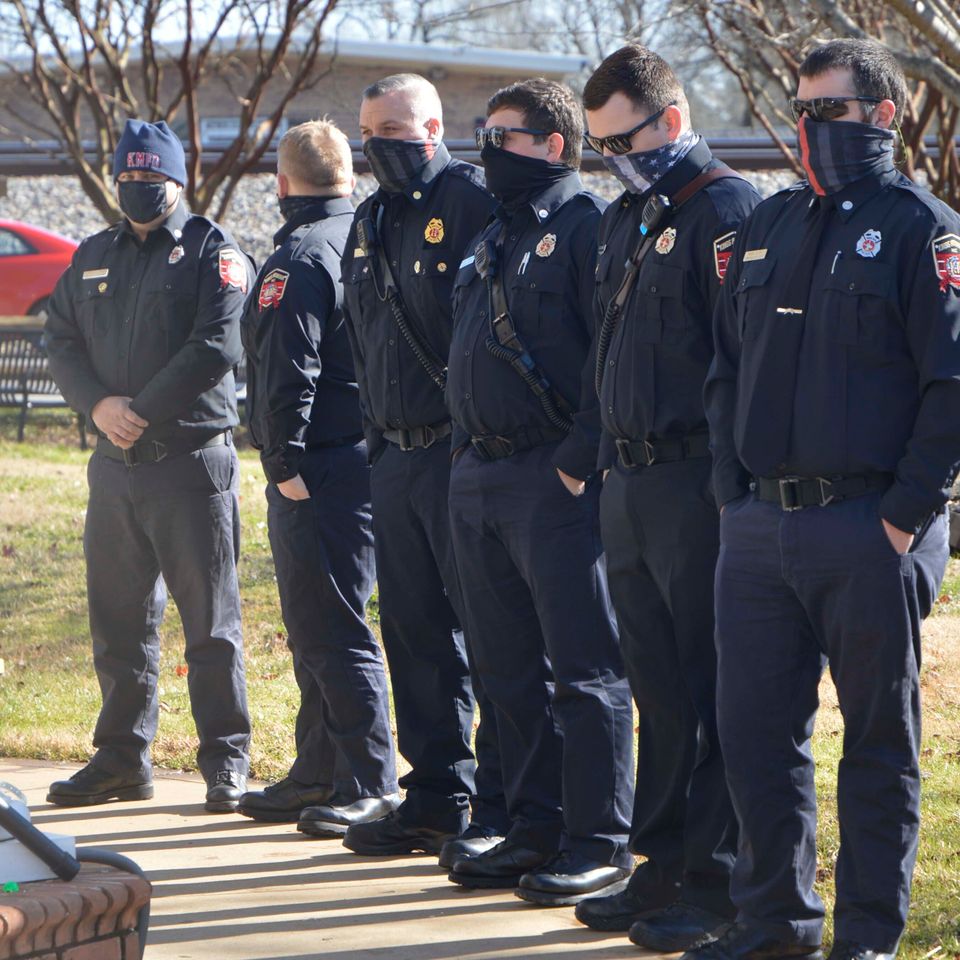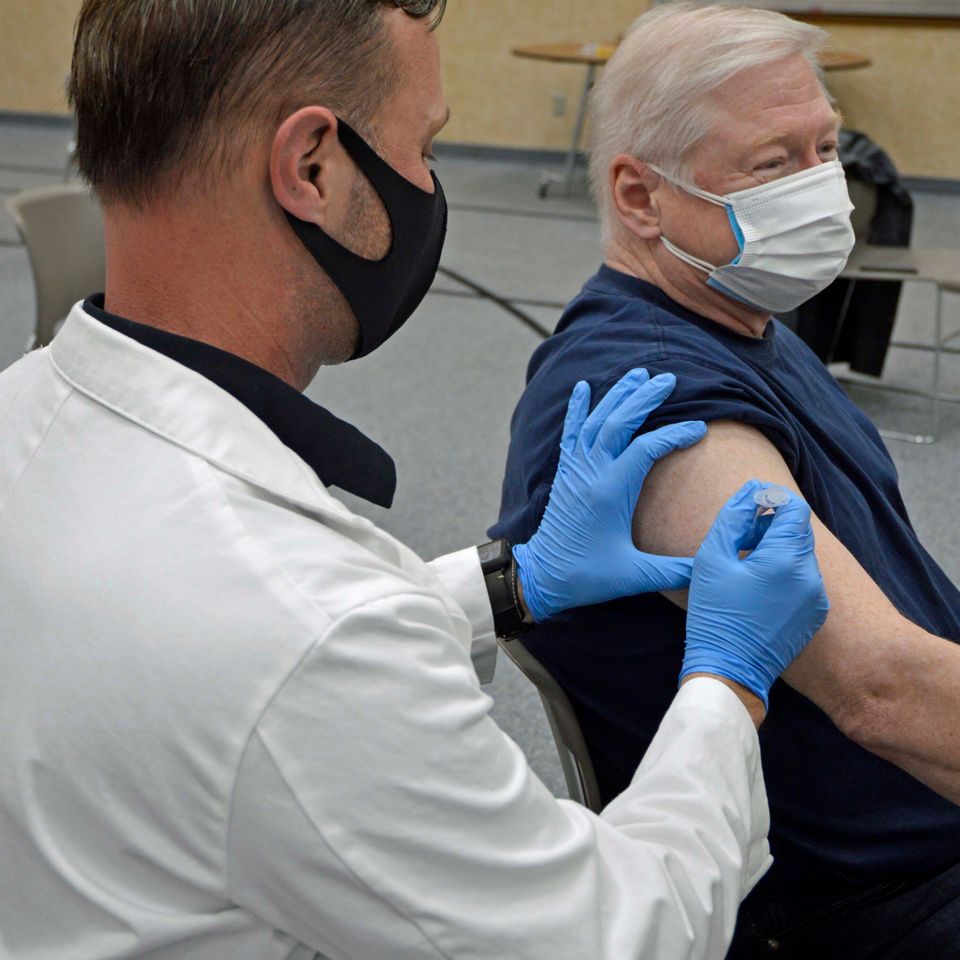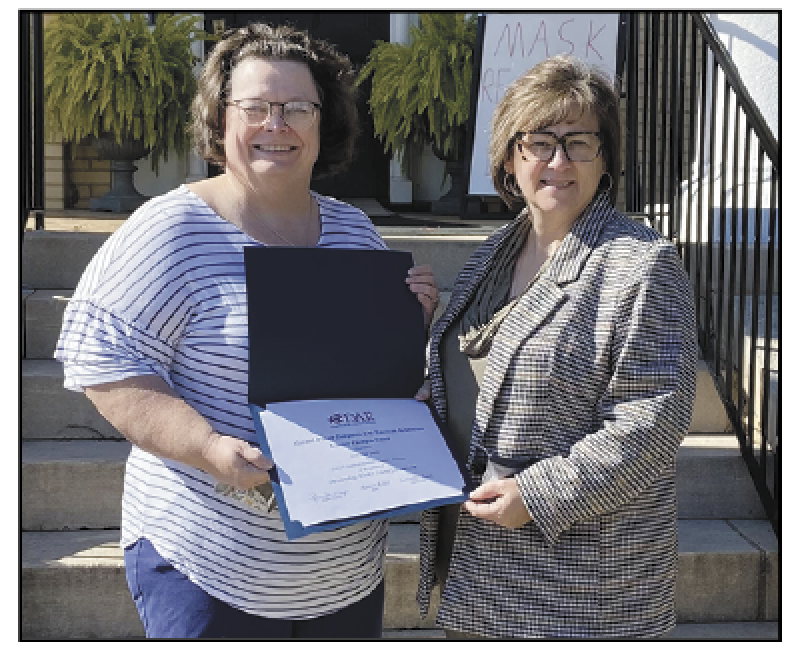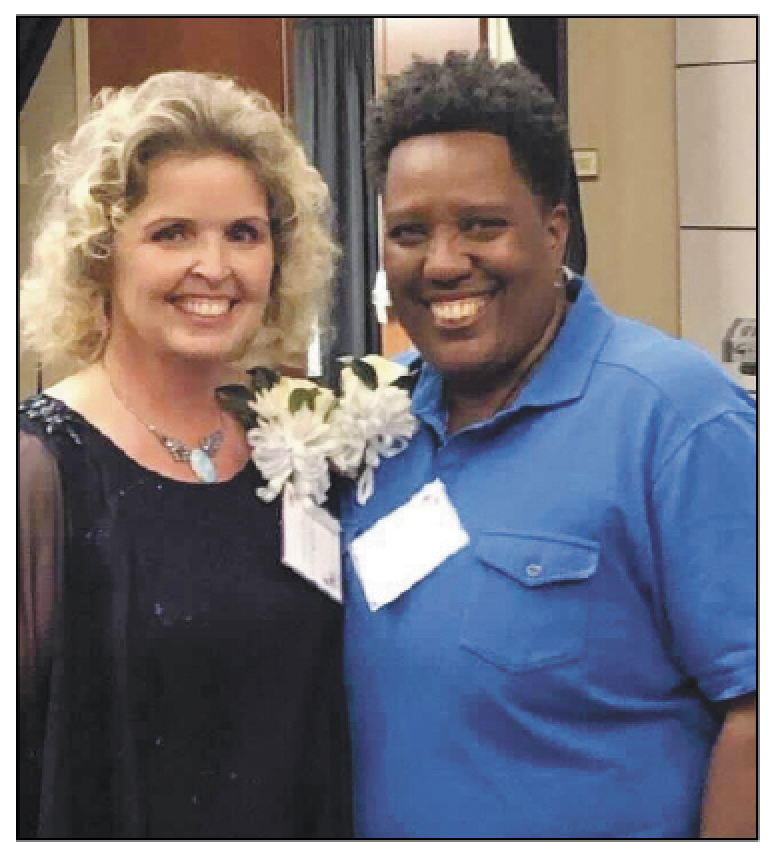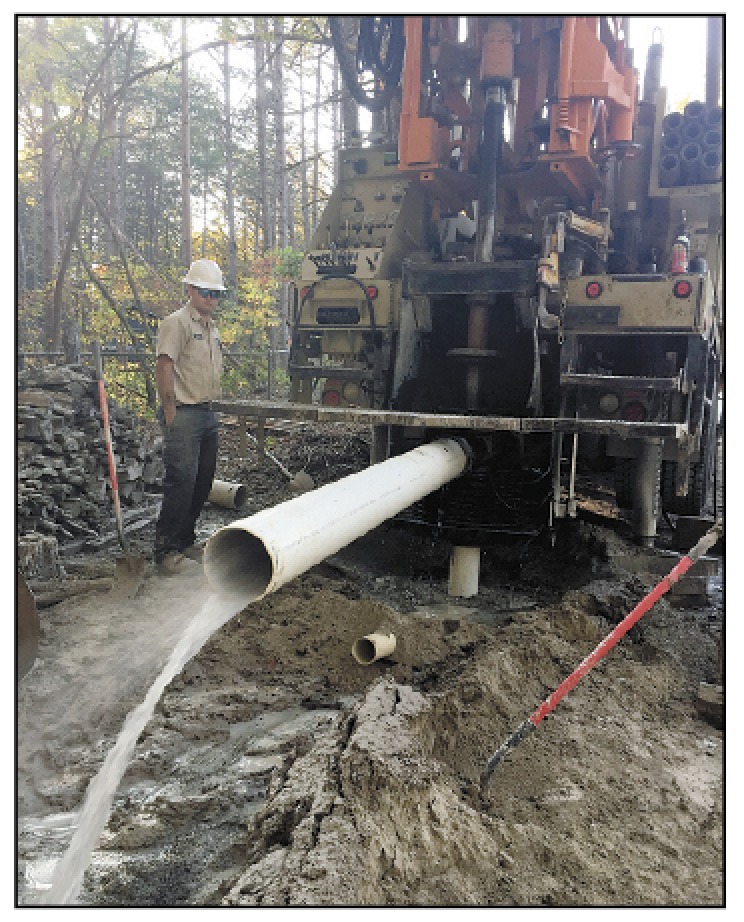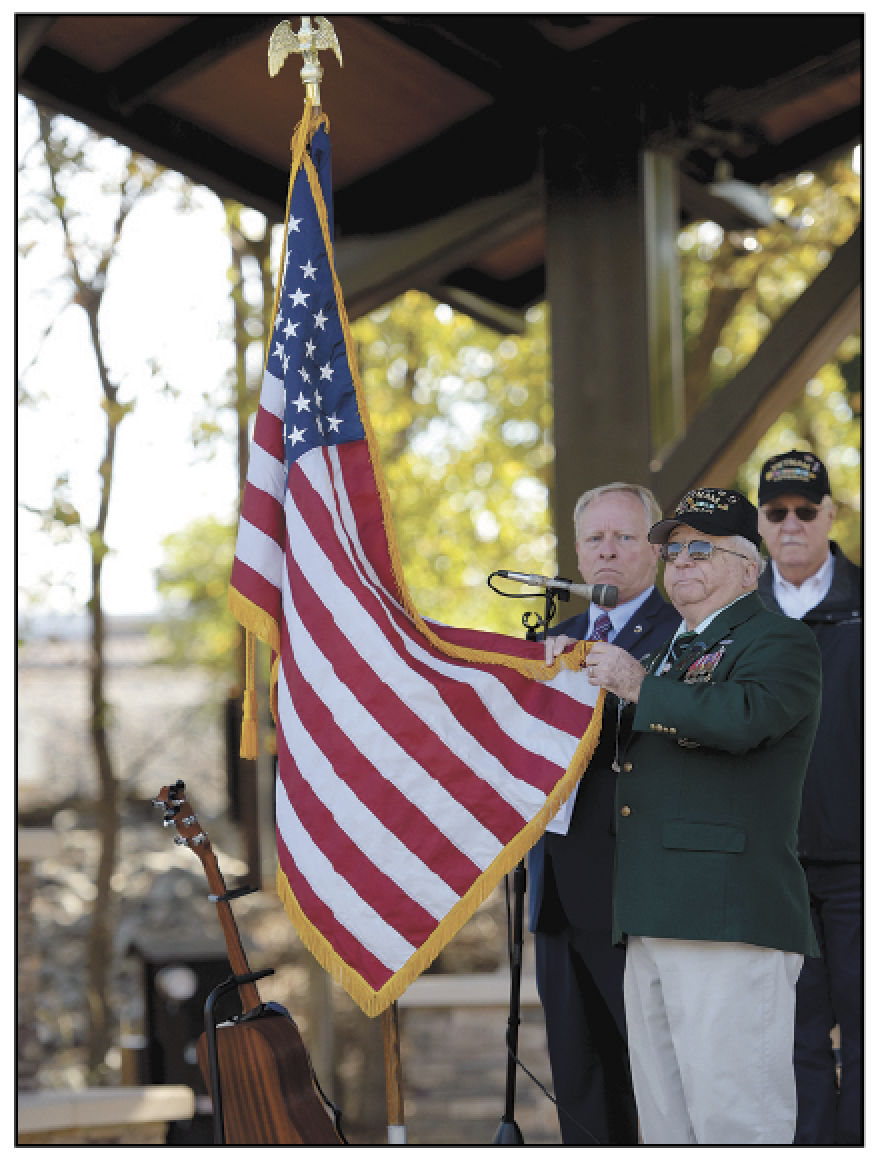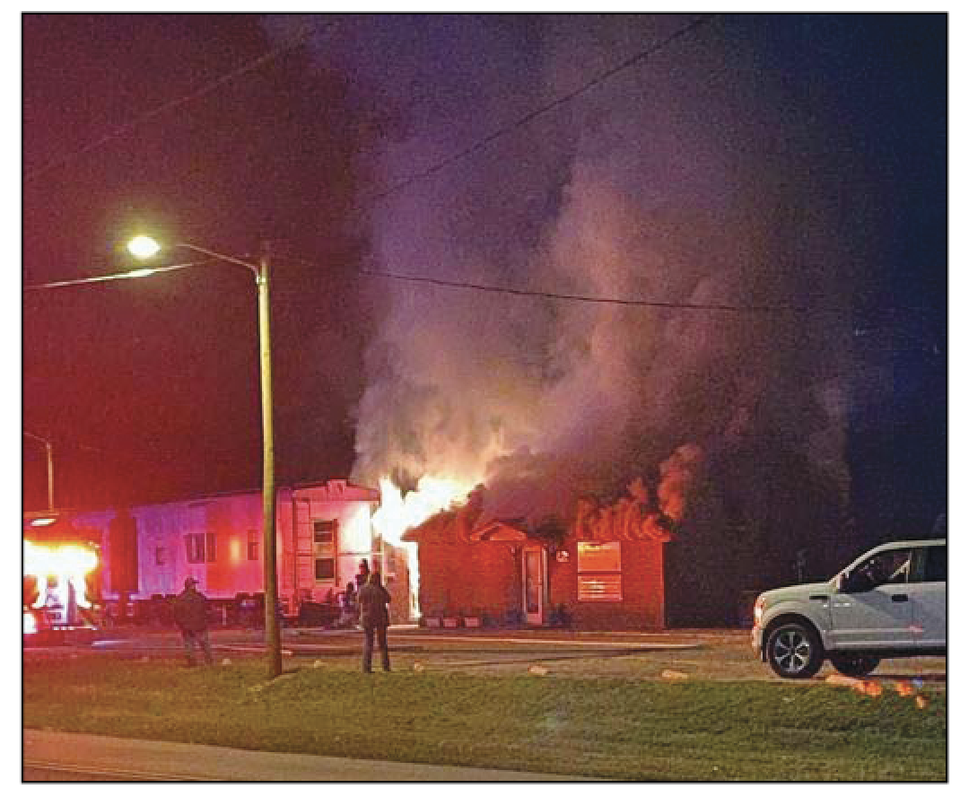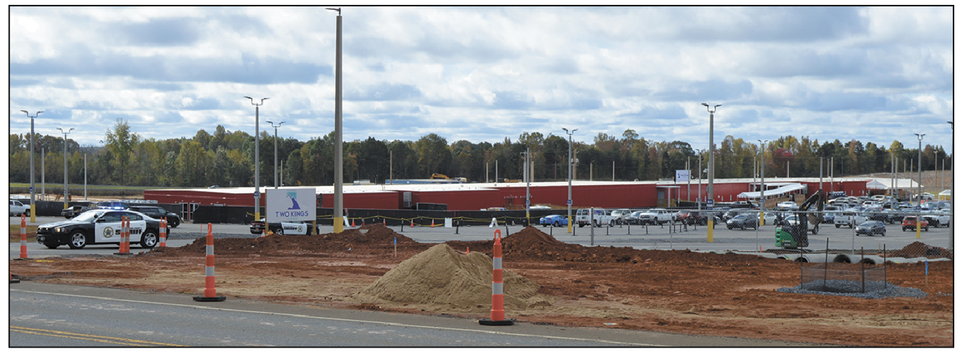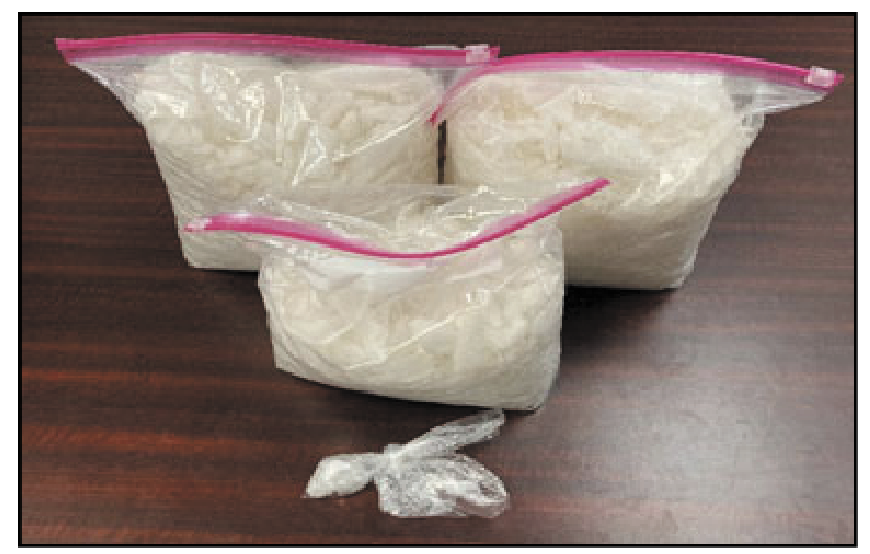KM Herald headlines
2021 year in review (Part 2)
By Loretta Cozart
(Ed. Note: This is the second of a two-part article looking back on 2021 and how the Kings Mountain Herald brought hometown, community news, and local issues to our readers. We at Community Media wish you a Happy New Year!)
July:
• The Catawba Two Kings Casino pre-launch facility in Kings Mountain opened to the public at noon on July 1, after Catawba Nation Chief Bill Harris cut a ceremonial ribbon with tribal, local, and state government leaders.
• Wells Fargo Bank at 125 S. Battleground Avenue will close its Kings Mountain branch on Wednesday, July 14. according to Mike Hughes, Senior Vice President of Wells Fargo State and Local Government Relations, due to more transactions being handled digitally.
• After months of work involving city staff and consultants. Kings Mountain's new Unified Development Ordinance (UDO) was approved. The new zoning ordinance replaces former zoning used by the city. All cities within the state had to develop and implement a new UDO that had to be implemented July 1.
• Lady Mountaineer basketball star Trina Hamrick to be inducted into Kings Mountain Hall of Fame.
• Cleveland County Health Department has partnered with Star Med to host several free pop-up COVID vaccine clinics throughout the month of July and making access to the vaccine as convenient as possible for people in various areas of the county.
• Thanks to the City of Kings Mountain and Cleveland County Music Hall of Fame, Pickin' at The Park, a weekly acoustic jam session was held Thursday nights in Downtown Kings Mountain at the Gazebo in Patriots Park.
• On July 8, the Cleveland County Health Department was notified of a fox that tested positive for rabies. This is the second rabid animal identified in the county this year. The animal was found at Harris Creek Rd, Lawndale. NC.
• Appalachian Gear Company, an outdoor lifestyle company specializing in American-made performance apparel and gear, announced its expansion into a new manufacturing facility in Kings Mountain. The move allows the brand to significantly increase production of its award-winning All-Paca™ products, while creating jobs in the Charlotte metropolitan area.
• Mike Butler decided to open Butler's Garage in 1995, little did he know that his son; Bryan; who was about to graduate college at UNC-Charlotte, would follow in his footsteps twenty-four years later.
• Cleveland County Potato Project asked for help from the community. Dry weather conditions prevented the growth of tender young sweet potato slips and a three-acre plot was plowed up and replanted. Re-planting is an extra expense for the project, and they are asking for financial donations to offset this cost. Anyone or any group wishing to contribute was encouraged to do so by saying a prayer, volunteering, or donating.
• During the last year, Mauney Memorial Library has undergone some much-needed renovations, including a new roof, plasterwork, paint, window restoration, new storm windows, and new flooring. The efforts taken by the city have returned the luster to this community landmark.
• Real to Reel Film Festival is back in-person at the Joy Theatre. The Cleveland County Arts Council announced it would be back at the Joy Theatre to offer fantastic cinema to film festival goers for the 22nd year.
• The Kings Mountain Herald learned that a Biscuitville and an A&W Restaurant are in the works for Kings Mountain, but neither restaurant shared a timeline for breaking ground.
• Shane and Sherryl Adams opened Trackview Hall Event Center, a venue at 205 S. Battleground Avenue in downtown Kings Mountain.
• Kings Mountain Little Theatre announced their next major project for the Joy Performance Center and Liberty Mountain Garden. This major renovation will enhance the original Joy Theater design elements for the façade: will extend the lobby area and add bathrooms.
• Equus Partners received approval from Kings Mountain City council to construct a 300,000 sq. ft. shell building and to provide financial incentives.
• Downtown WI-FI installation began in July and was completed by August 31.
• On July 19 Governor Roy Cooper announced the appointment or Doug Sharp as the Chairman of the Cleveland County Board or Elections. Subsequently, Board members were sworn in. Board members include Debbie Cleary, Mary Accor, Doug Sharp. Allen Langley. and Al Paskoy.
• A train collided with a lawn care truck at the intersection of Battleground Avenue and W. Gold Street. The truck’s trailer became stuck, and all passengers exited safely prior to impact.
August:
• Cleveland County Commission for Women announced that KMPD Police Chief Lisa Proctor and Terricia Wingo would be honored at the 29th annual Distinguished Women’s Banquet.
• Governor Roy Cooper and North Carolina Department of Health and Human Services Secretary Mandy K. Cohen, M.D. announced that state government would begin verifying vaccination status of its workers.
• NC House Speaker says vaccine choice is a personal matter.
• American Legion World Series celebrates 10-years in Shelby.
• A new cell phone tower at 500 S. Railroad Avenue was installed by Verizon by Baker Donaldson.
• On August 3, Kings Mountain celebrated National Night Out in a big way at Patriots Park. Kids and parents turned out to celebrate, meeting officers, deputies, and first responders, along with others from Kings Mountain who support safe communities.
• Construction has revealed the original brickwork façade of the Joy Theater as renovations of the 74-year-old building continue. Underneath, the stone are bricks ran in a stack bond pattern. Along the wall, cinder blocks fill the once used outdoor display areas that showcased movie posters advertising running and upcoming films.
• Gardner-Webb introduces their new mascot, Bo the Bulldog.
• Kings Mountain Touchdown Club golf tournament raises $88,190.
• Kings Mountain High School live stream experience returned to the gridiron with a complete broadcasting team, cost to watch per game was $10.
September:
• George Melton, Past Master of Fairview Masonic Lodge, was honored for his service during World War II. George was presented a Certificate of Honor and a North Carolina flag, certified by the Speaker of the North Carolina House of Representatives that said flag flew over the State Capital building.
• Governor Cooper signed into law SB 35, ending marriage before the age of 16-years of age in North Carolina. The only caveat would be that a 16 - or 17-year-old would have to provide proof that their partner is no more than four years older.
• Atrium Health, NCDHHS, and HHS partner to expand access to monoclonal antibody therapy to treat COVID-19 patients.
• City of Kings Mountain saluted first responders on 911.
• Benestar Brands new building progresses toward completion as it moves toward completion.
• Kings Mountain Little Theater, Inc. announced a Capital Campaign in support of their project to renovate the mail lobby and provide for the long-awaited expansion of the restrooms and concessions area of the Joy Performance Center.
• Battle of Kings Mountain featured in new fiction novel by John Hood.
• Police Officer Tim Simms was sworn in by KMPD on September 9.
• Chip and Laura McGill recently made a S 10,000 donation to the Kings Mountain Touchdown Club in memory of Brent Bagwell.
• In a press conference, Cleveland County shared dire news. Cleveland County announced it was in crisis. Cleveland county had experienced 78 average daily hospitalizations, far more than surrounding counties.
• Dr. June Hadden Hobbs and Joe DePriest were the guest speakers at Broad River Genealogy Society at their September meeting. The two have a new book titled "Tales and Tombstones of Sunset Cemetery: Tracing Lives and Memorial Customs in a Southern Graveyard." featuring photos by Hal Bryant.
• MountainTrue announced the 34th Annual WNC Big Sweep. This is Western North Carolina's largest single-day river, roadside, and creek cleanup with volunteer events taking place all around Western North Carolina.
• KM Mainstreet program holds a window decorating contest downtown.
• Cleveland County School Board decided to continue the mask mandate in schools.
• Due to the dire COVID-19 situation in Cleveland County, some communities cancel mass gatherings.
• Pfizer booster shots available for high-risk groups.
• YMCA golf tournament raises financial assistance funds.
October:
• Kings Mountain Corporate Center, a 1,015,740 sq. ft. speculative building by Keith Corporation is the largest of its kind in the southeast.
• Work begins to expand Catawba Two Kings Casino pre-launch facility from 500 to 1,000 slot machines.
• Kings Mountain Woman’s Club held a benefit concert featuring The Dancing Fleas at Joy Performance Center.
• Boys and Girls Club planned for North Elementary School
• Kay and Tommy Hawkins decorated their yard for the Fall. Well known in the Linwood community, the Hawkin’s home is well known for its beautiful decorations.
• Cleveland County Health Department urges everyone to get a flu vaccine.
• Col. Frederick DAR Chapter announces date for Wreaths Across America Day on December 18.
• Brock O’Brien continues to heal after car crash in Charlotte.
• Cleveland County School Board votes to sell Central School and property behind Grover Elementary School.
• American Legion Unit 155 hosts district meeting at the post home on E. Gold Street.
• Bess Phifer celebrates her 104th birthday.
• Shaniah Wright was crowned the 2021 KMHS Homecoming Queen Friday, October 15. She is the daughter of Joe and Theresa Wright and stepdaughter of Talathia Wright.
• County commissioners decline opportunity to purchase Central School.
• City of Kings Mountain meet with stakeholders regarding the Streetscape plan.
• Catawba Two Kings Casino raises $10,000 through its new and ongoing Share Change program
• raised $10,000 for the Cleveland County Fund for Children and Adults with Disabilities.
• The Mecklenburg and Battle of Kings Mountain Chapters, Sons of the American Revolution, and the Colonel Frederick Hambright Chapter Daughters of the American Revolution, conducted a grave marking ceremony honoring Doyle Edward Campbell at Mountain Rest Cemetery on Saturday. October 23, at 11 a.m.
• Helen Williams Bullock celebrates her 104th birthday.
November:
• Veterans Day Observance and parade held on November 11 at Patriots Park.
• City transitioned to new OpenGov software on November 1.
• Appalachian Gear Company awarded a $50,000 NC Building Reuse Grant for the 10,000-square-foot building where Appalachian plans to expand its manufacturing operations in downtown Kings Mountain.
• On Monday. November 1 at 7:30 p.m. the Pottery Studio at Kings Mountain Art Center went up in flames. The extent of the damage is not immediately known, and the cause of the fire had not yet been determined when the story went to press. The blaze in SASi’s Pottery Studio was reported around 7:30 p.m. Monday night by Jewel Reavis and a neighbor who spotted the flames.
• Arlene “Go-Go” Barrett celebrated her 90th birthday.
• Kings Mountain Baptist celebrated their Fall Fun drive through on October 31, as member of the church handed out goodie bags to children.
• Anne Gamble was honored by the DAR for her work with children’s literacy.
• Police Chief Lisa Proctor and Terricia Wingo were honored at the 29th annual Distinguished Women’s Banquet at the LeGrand Center in Shelby.
• Foothills Farmers Market in Shelby announced it would be open year-round.
• Gaston College broke ground for their new Fiber Innovation Center.
• Cleveland County School Board voted to make masks optional for students. Under state law, school boards across North Carolina are required to hold a public vote every month on their policies regarding wearing masks at school, regardless of whether officials plan to change the policy.
• Murphey’s 27th annual Toy Run was slated for November 20. The ride benefits the Shriner's Burn Center, Oxford Home for Children, and King's Mountain Police Department's Toy Drive.
• Kings Mountain native and 96.9 The Kat's own Sarah Lee Owensby, was selected as Grand Marshal for the Kings Mountain ‘'Home for Christmas" Parade scheduled for December 4.
• The CDC makes COVID-19 Booster shots made available to all adults 18-years old and older.
December:
• A Christmas Tree lighting was held in Patriots Park on November 23. Councilmen assisted with the formal tree lighting ceremony.
• Mauney Memorial Library hosted a Zoom Author Talk presentation featuring Suzanne Woods Fisher on Thursday, December 9 at 2 p.m. Join Suzanne as she discusses her book, Seasons on the Wind.
• AGAPE recipient, Roxanne Baucom, and HERO recipient, Heather Starnes, were honored by North School. Mrs. Baucom has a positive and bright outlook. As the lead custodian, she diligently worked to adjust to new chemicals, new protocols. new schedules, and the pressure of keeping everyone at North safe. Fourth grade student Heather Starnes has an unspecified autoimmune disorder and suffers from severe fatigue at times. Heather maintained her grades and was an awesome virtual participant during class lessons. She serves as a great role model for her peers, and staff were excited to have her back face-to-face this year.
• The state budget was signed into law, after passing both chambers of the North Carolina General Assembly The final budget included several items lor Kings Mountain. Those include:
• S39 million for Kings Mountain water and sewer projects
• $250.000 for Kings Mountain take Moss nr- mediation
• 5100,000 to Kings Mountain
• $750.000 for the Kings Mountain Y MC A
• Keyboards at Christmas was presented with two performances on Sunday, December 19th at 3:00 and 6:00 PM, at First Baptist Church, Kings Mountain.
• An expanded pre-launch facility with an additional 500 gaming machines, including electronic table games offering blackjack, roulette, craps, and baccarat, is anticipated to open Dec. 15 at the Catawba Two Kings Casino in Kings Mountain.
• On November 30, Lieutenant Todd Me Dougal was awarded his service weapon and badge for 17-years of service to Kings Mountain Police Department, after service to other law enforcement agencies.
• On December 10, Hospice Cleveland County held their annual Lighting the Way Event in Uptown Shelby from 6 p.m. to 9 p.m. Luminaries lined the sidewalks under majestic trees on the Marion Street side of the Court Square. A light rain ended prior to the event, adding a shimmer from the Christmas lights nearby. Three Hundred twenty-five were remembered during the event.
• Former championship tennis coach Ed Guy returning to rebuild KMMS program.
• Kings Mountain Family YMCA has been very busy installing the new Hammer Strength & Life Fitness equipment and have updated to all new Cybex Eagle Series Selectorized Strength Series (pin select & plate loaded) equipment and added several new pieces of cardio equipment. In addition, the gym floor has been refinished, just in time for winter sports.
• Cormetech and Kings Mountain Crisis Ministry' distributed food and essentials to 400 area families during Feed the Children Day in Kings Mountain on December 18. Distribution took place in the Patrick Senior Center drive thru.
• KMFD gains ten Child Passenger Safety Seat Technicians after a training session on November 30.
• KMMS volleyball wins third straight Tri-County Conference championship.
• Mayor Scott Neisler names Martha Lou Wells the recipient of the Kings Mountain Community Spirit Award for 2021, as Councilman Miller stands to honor her. Photo by City of Kings Mountain.
• City council to review animal ordinance in January.

